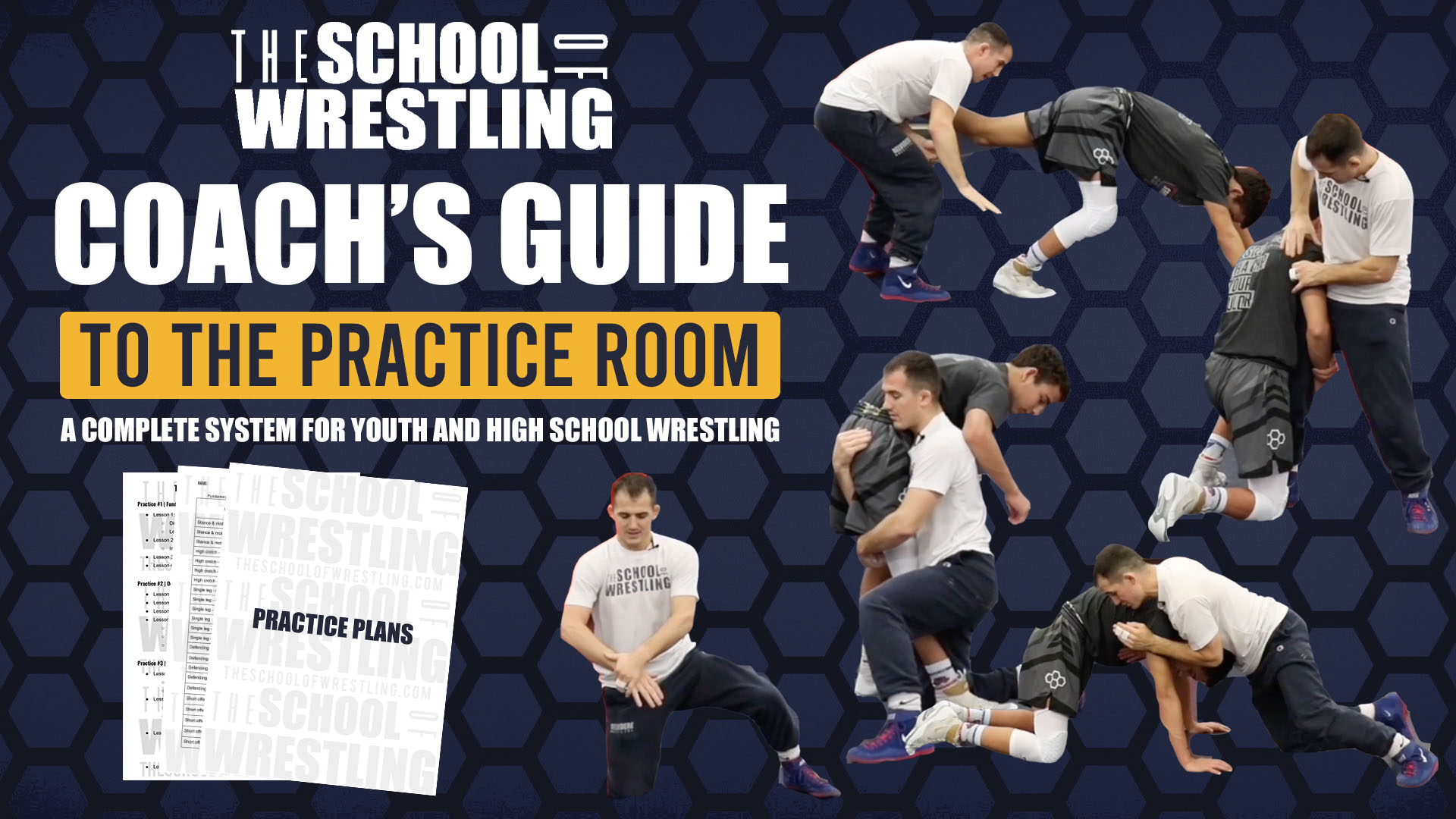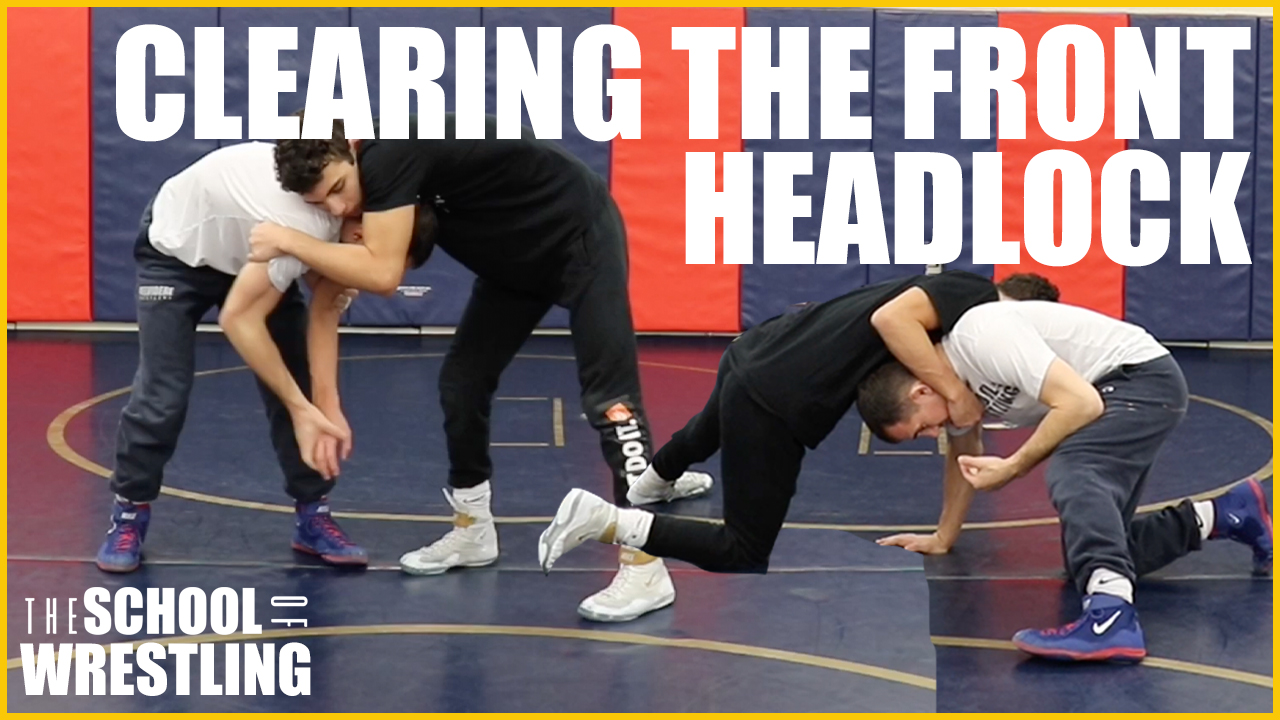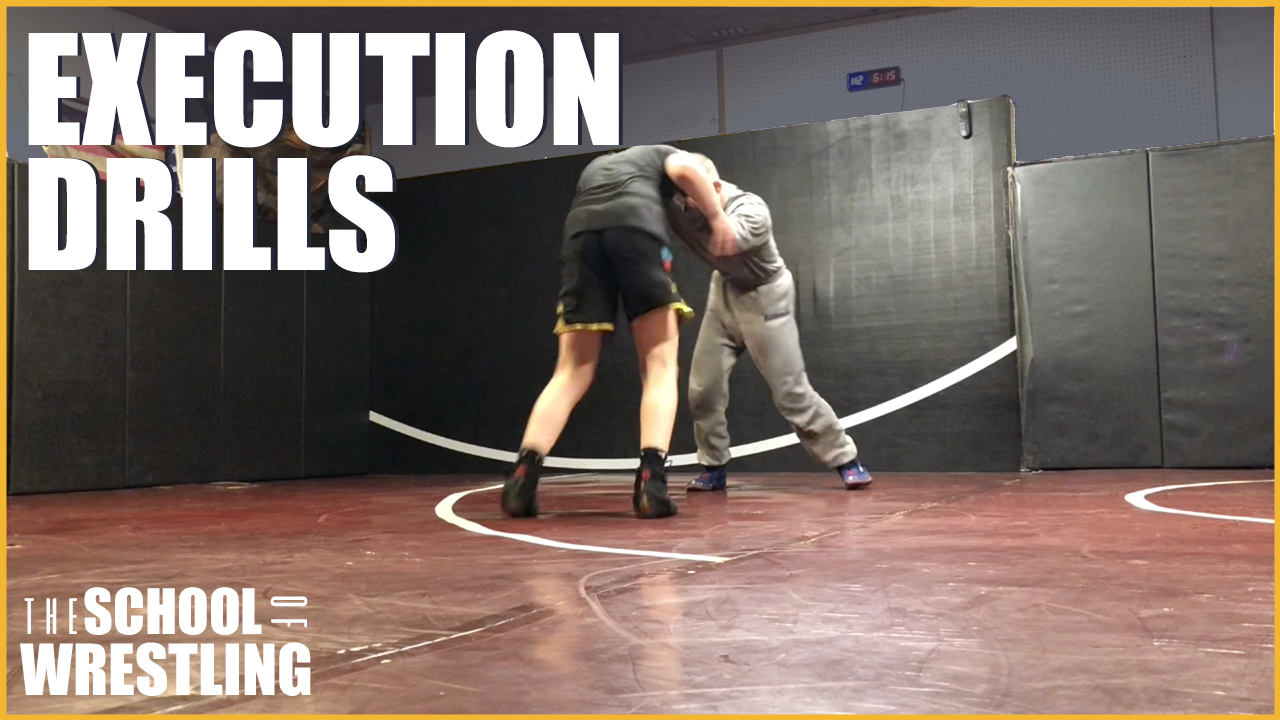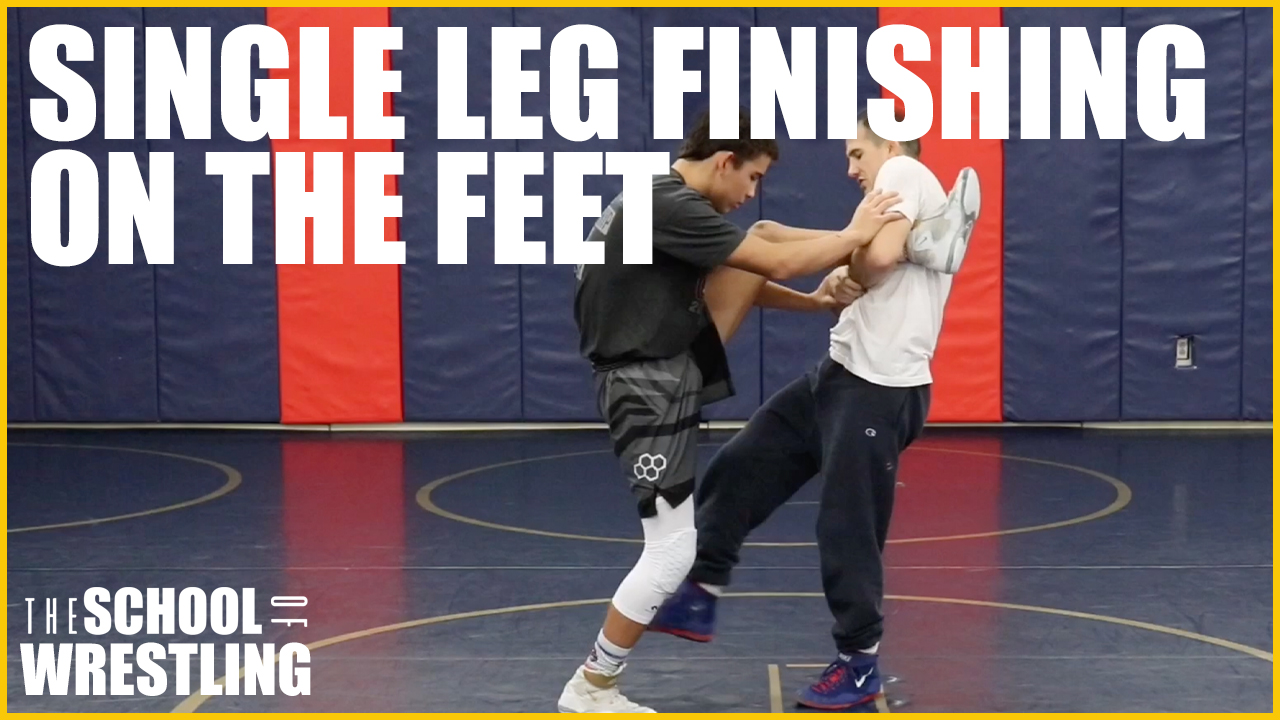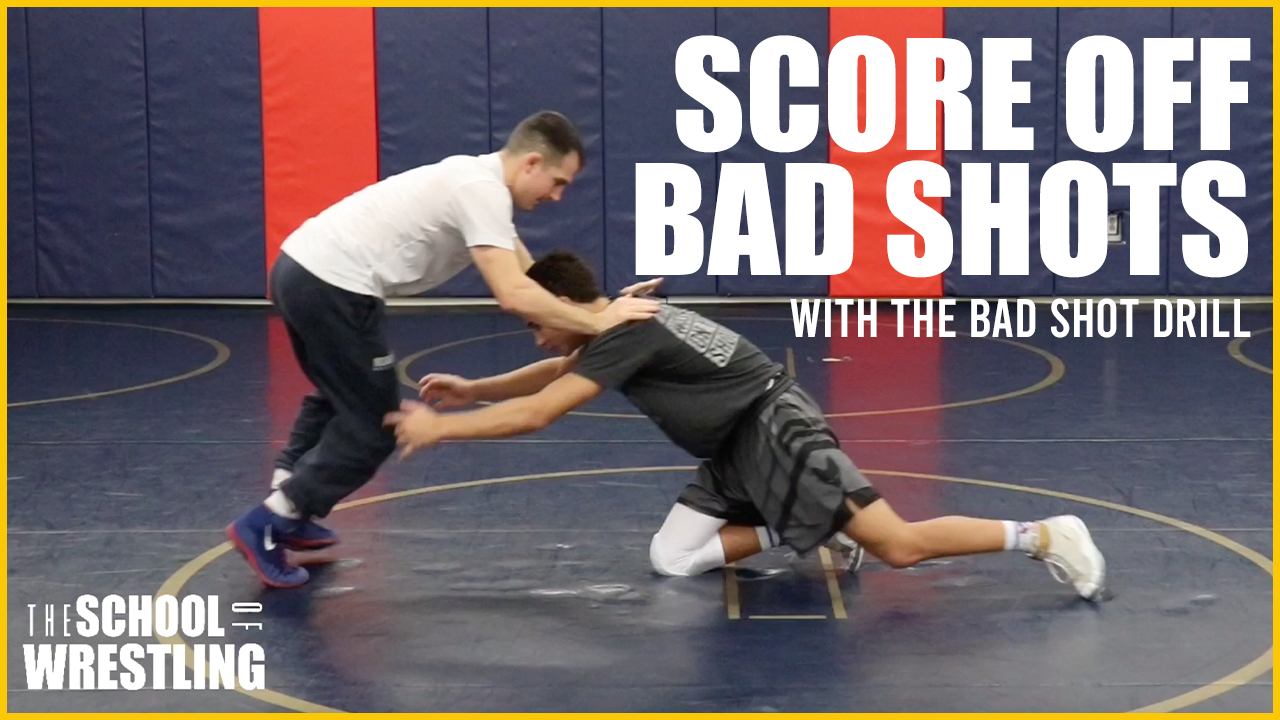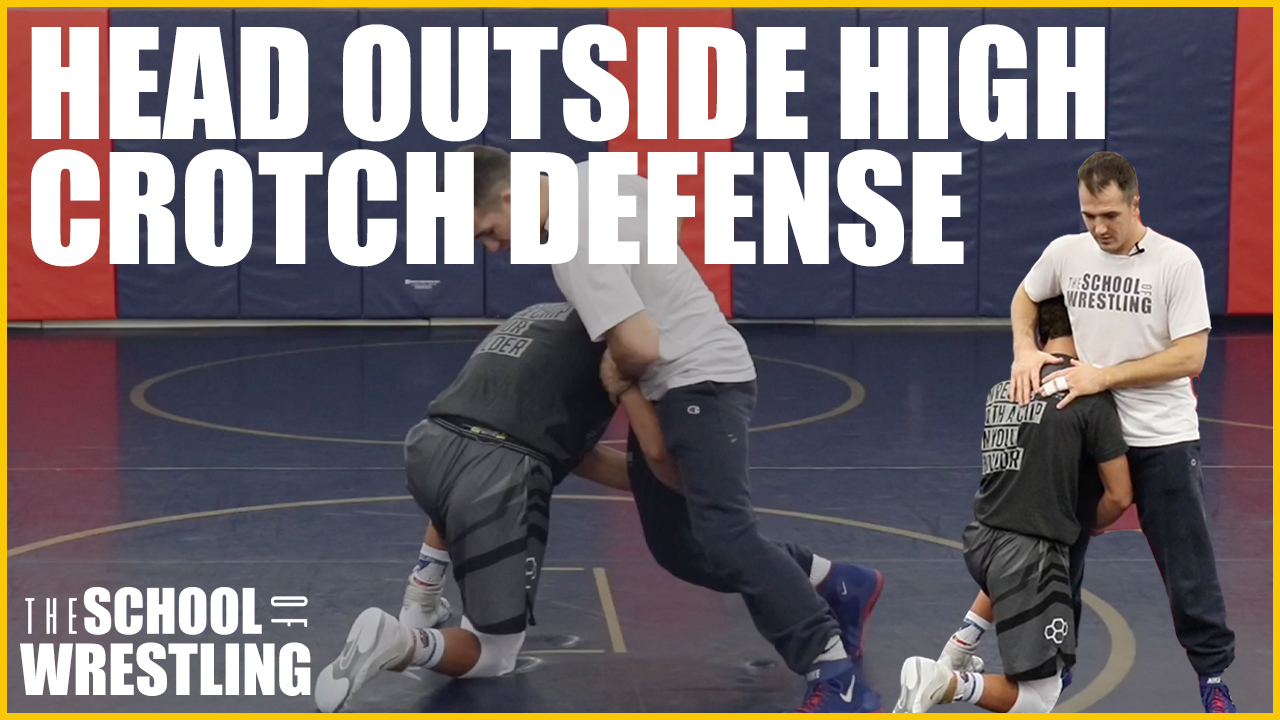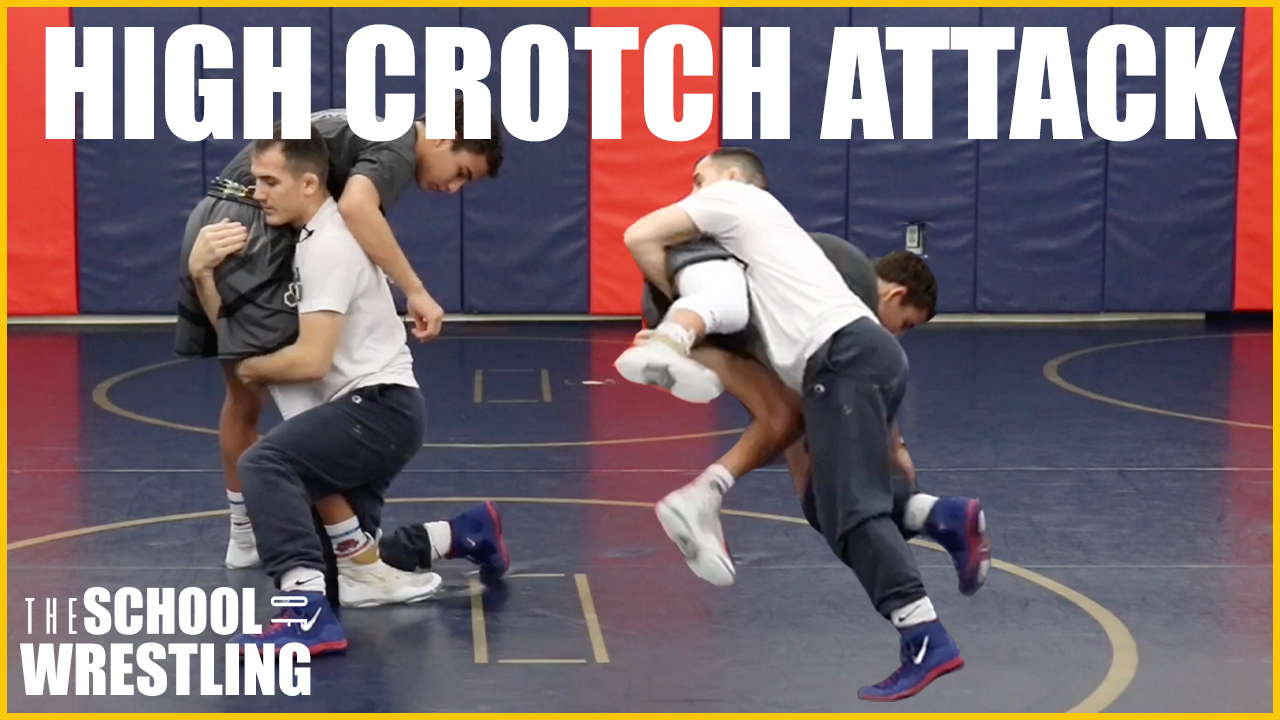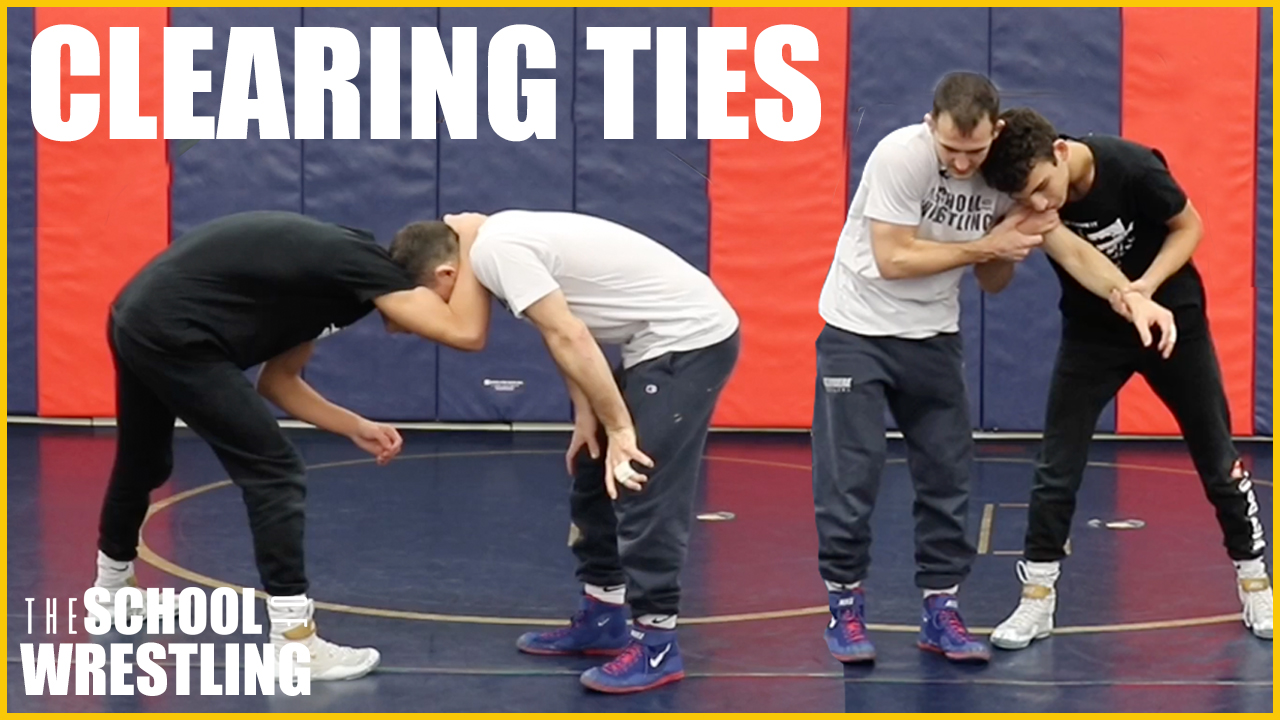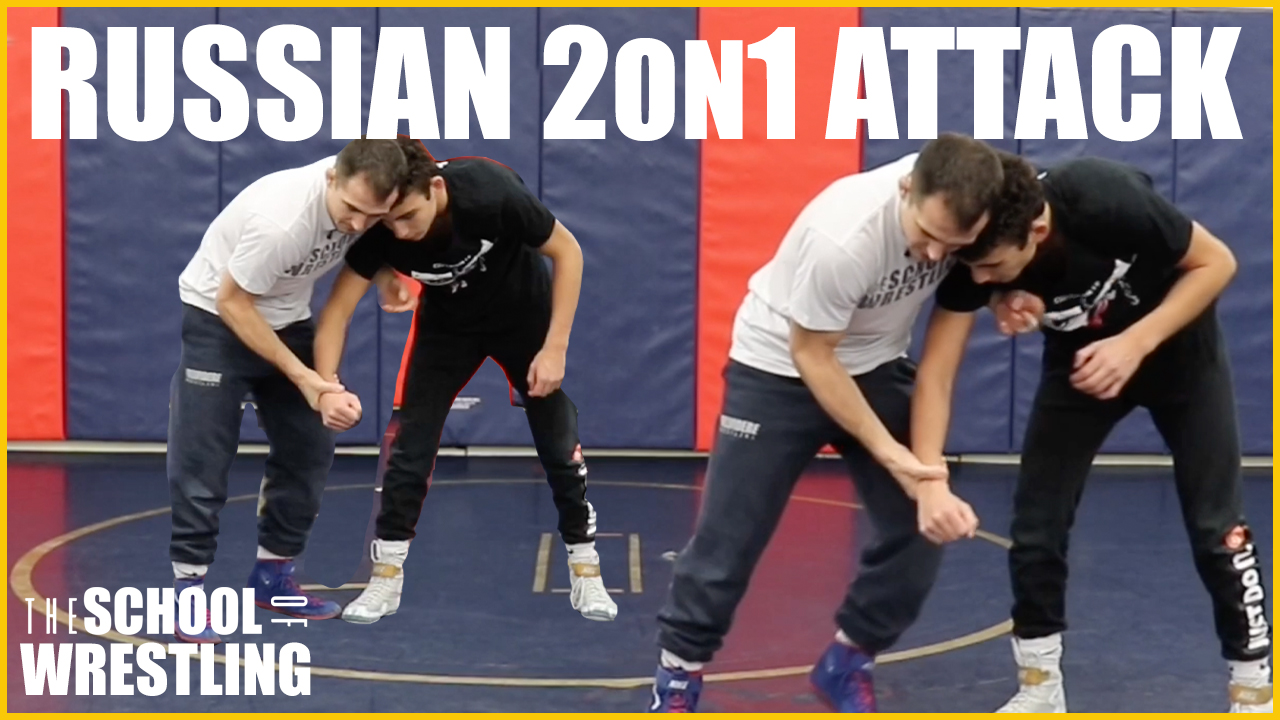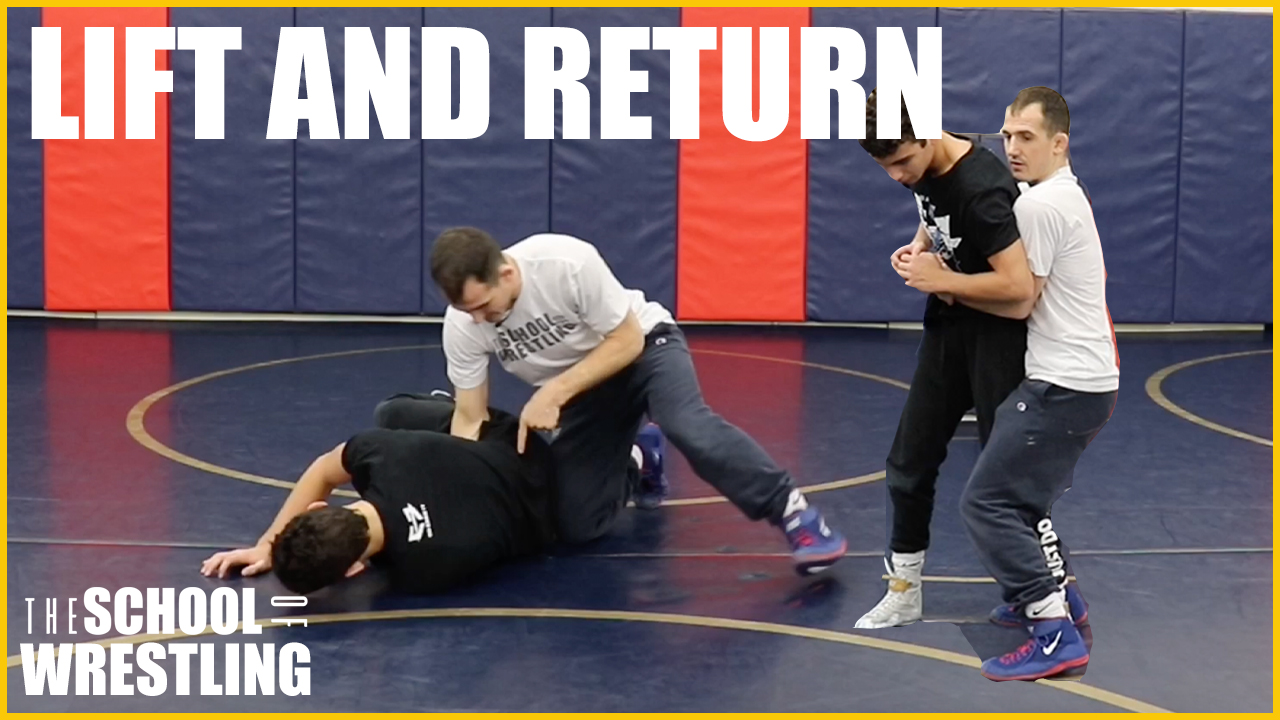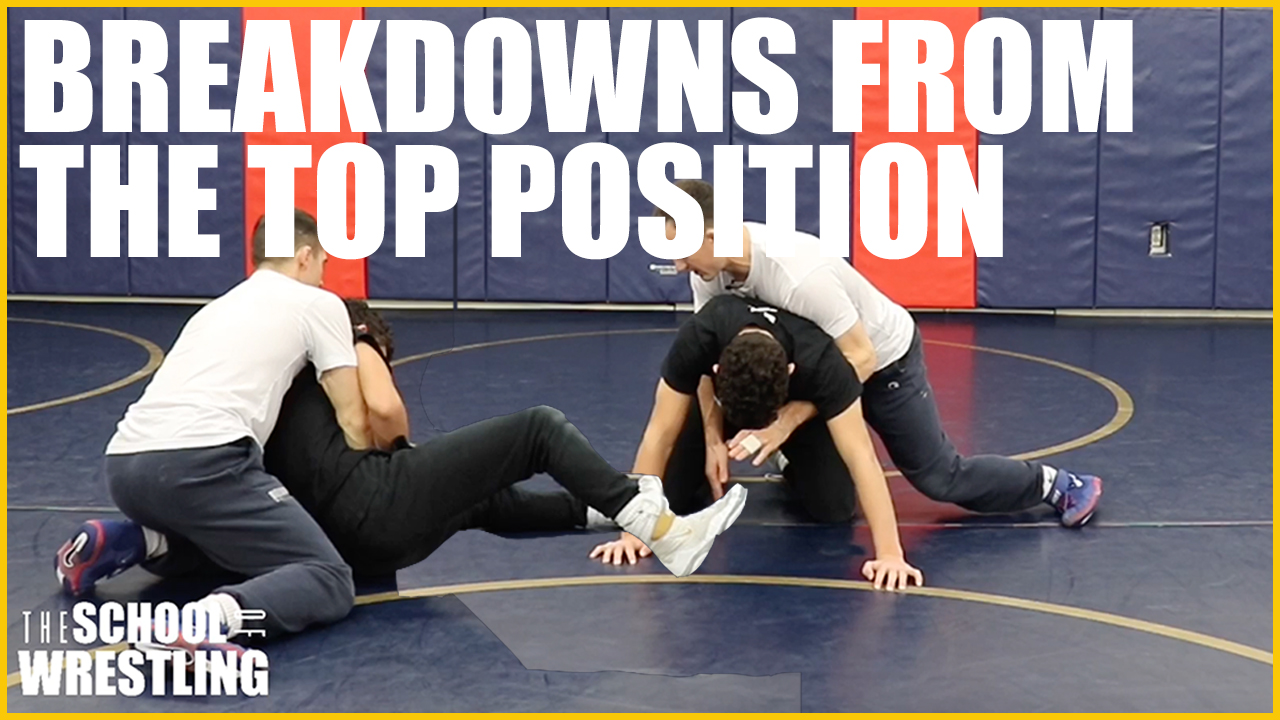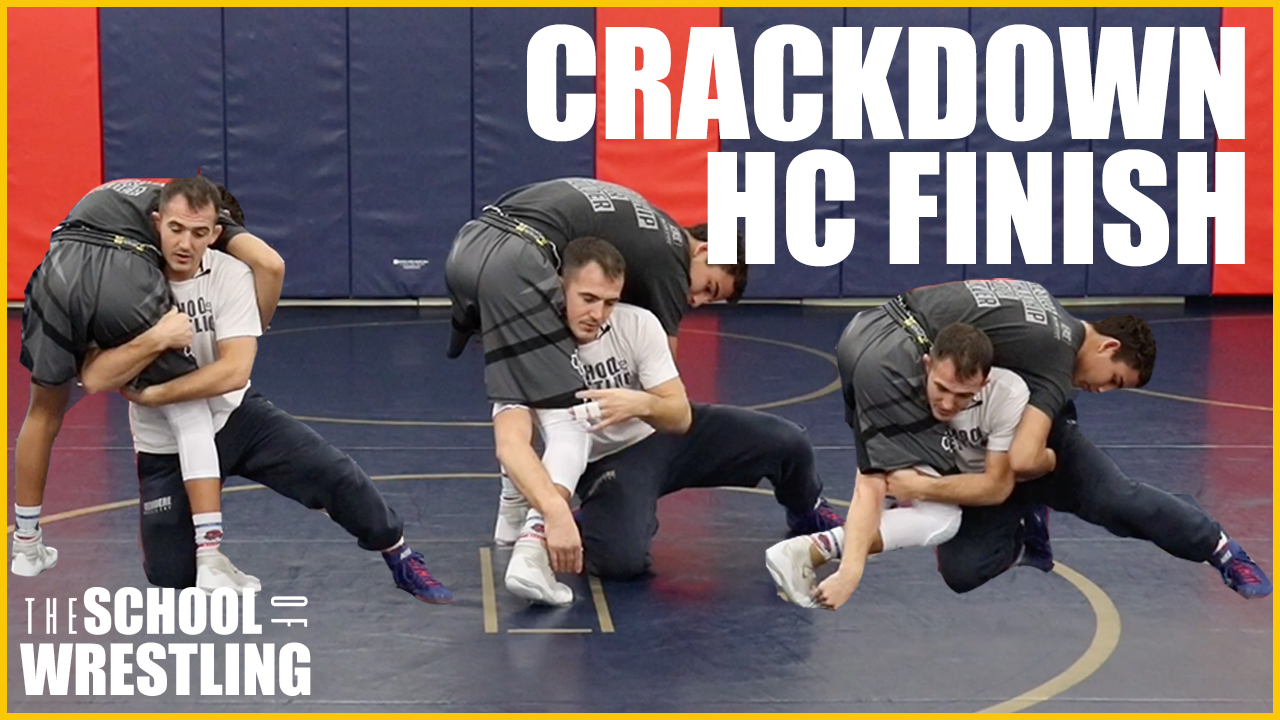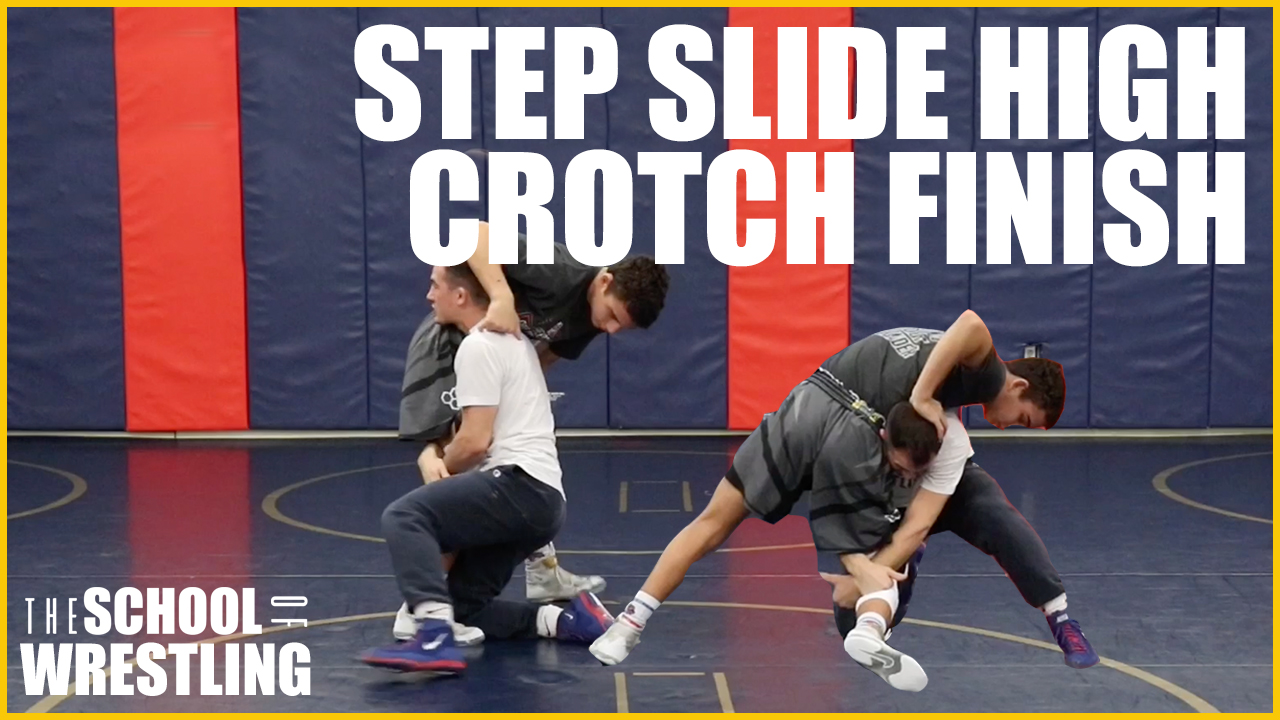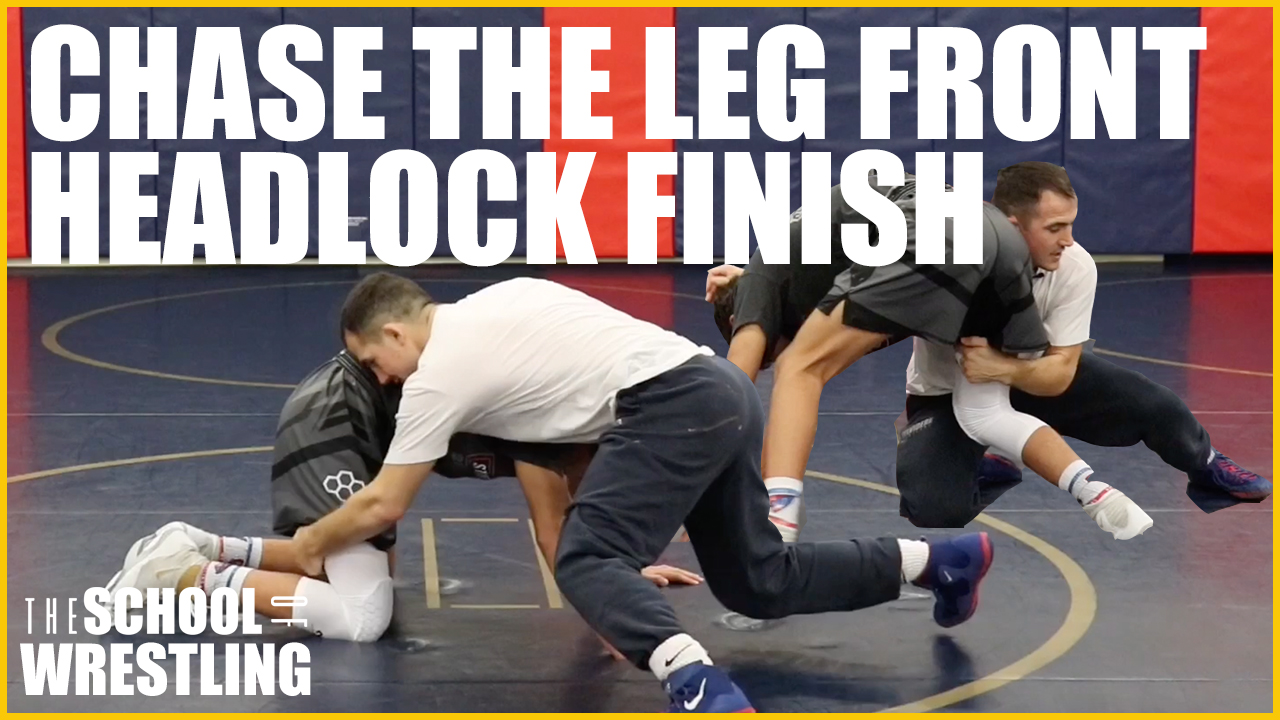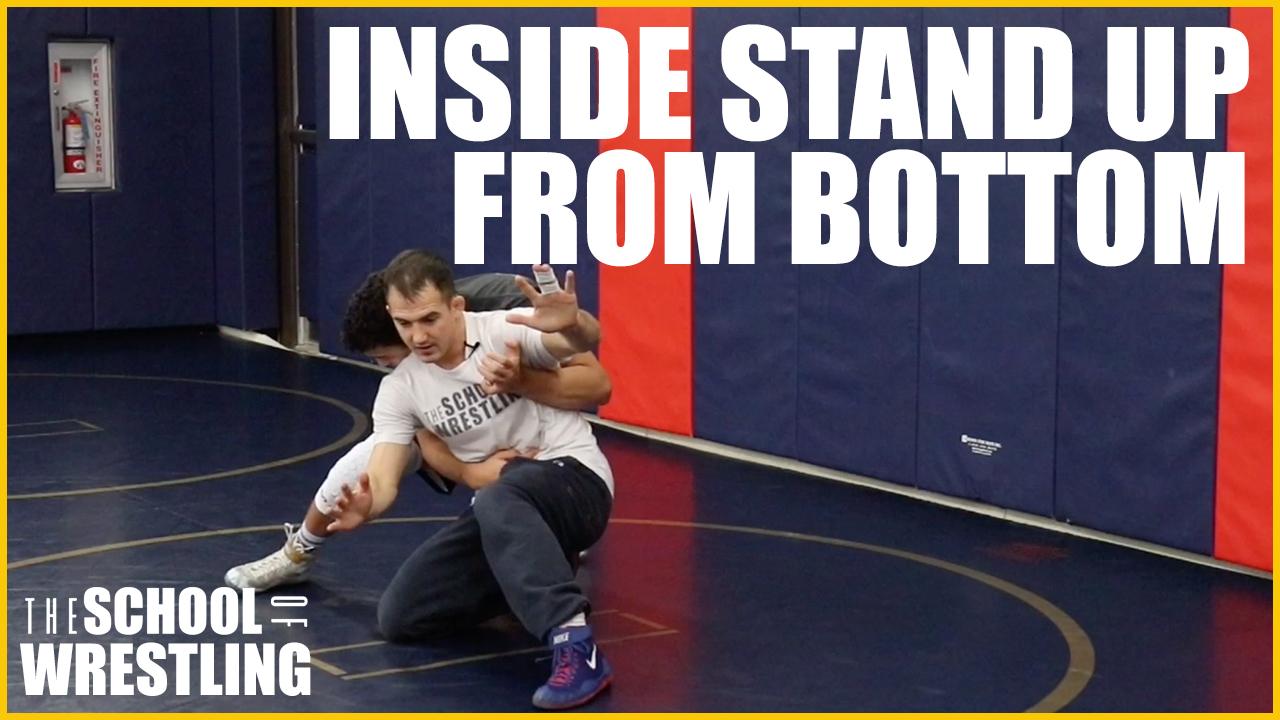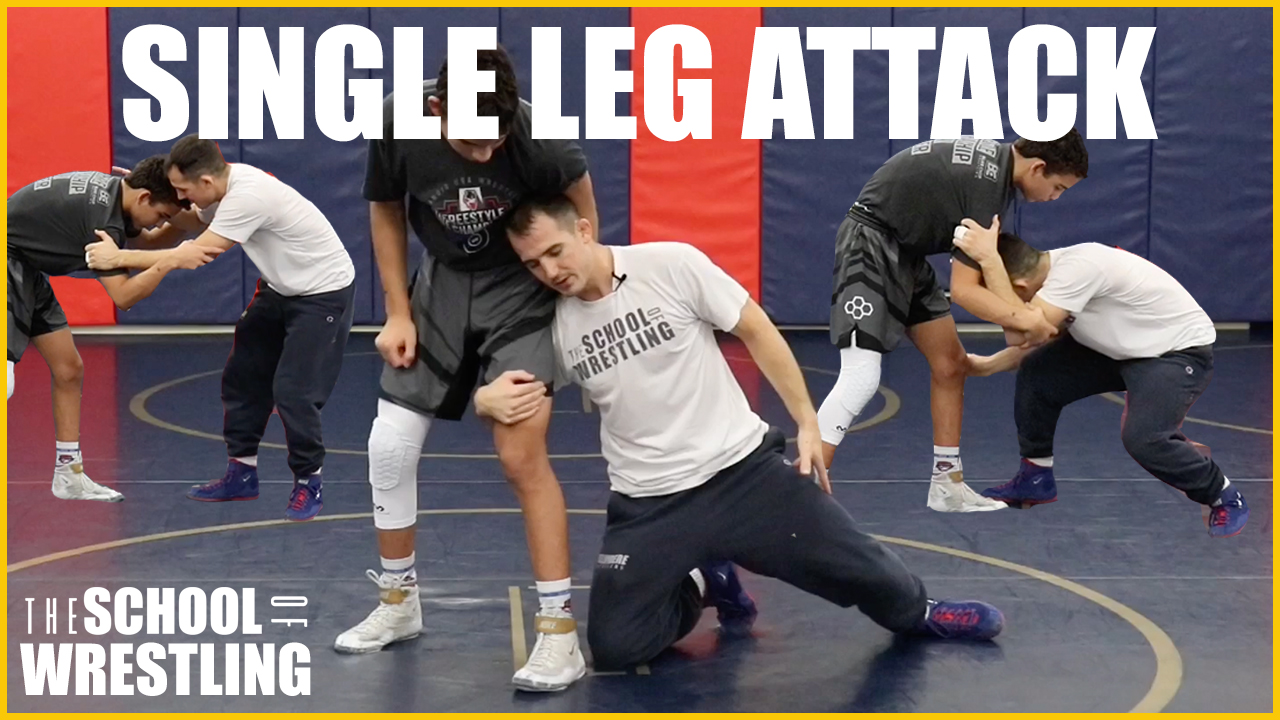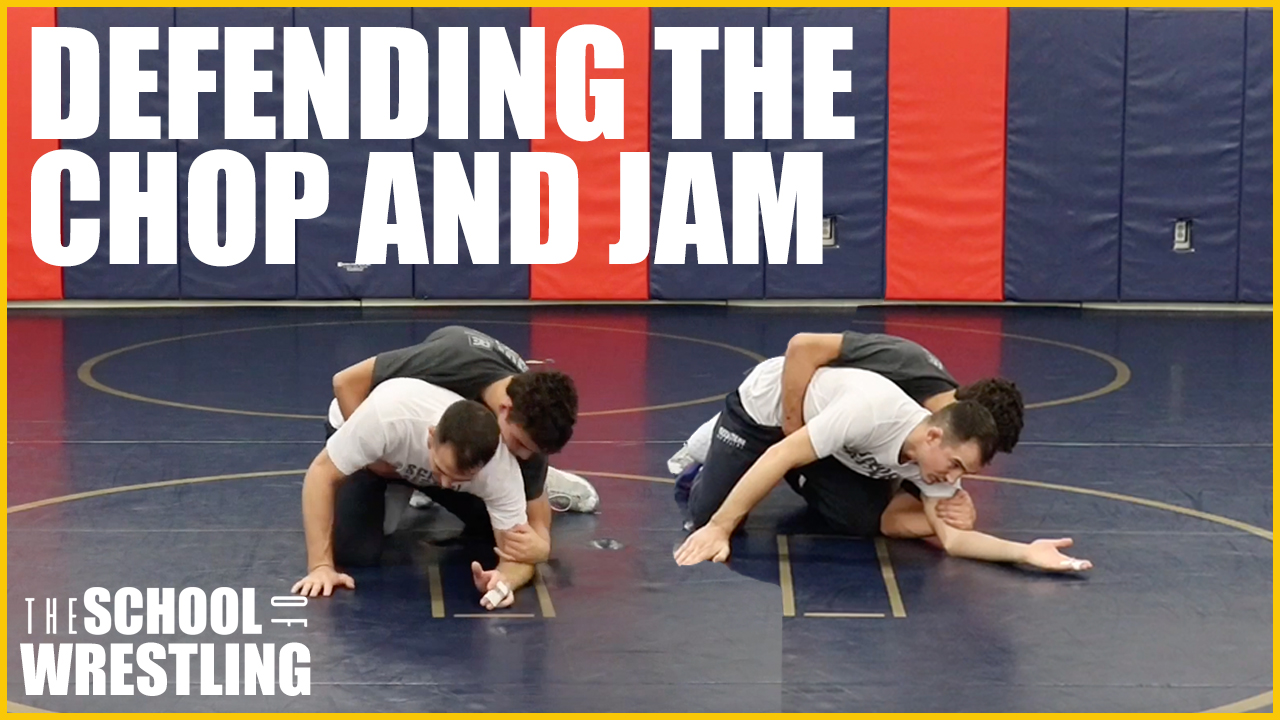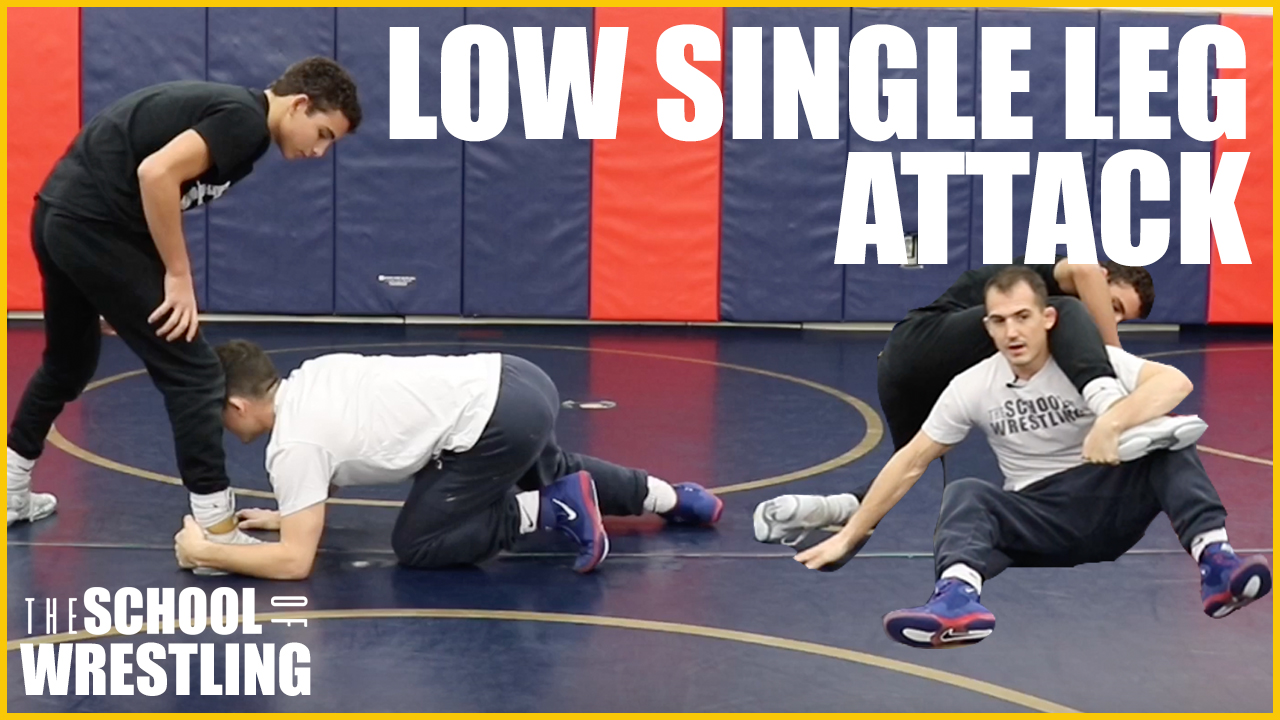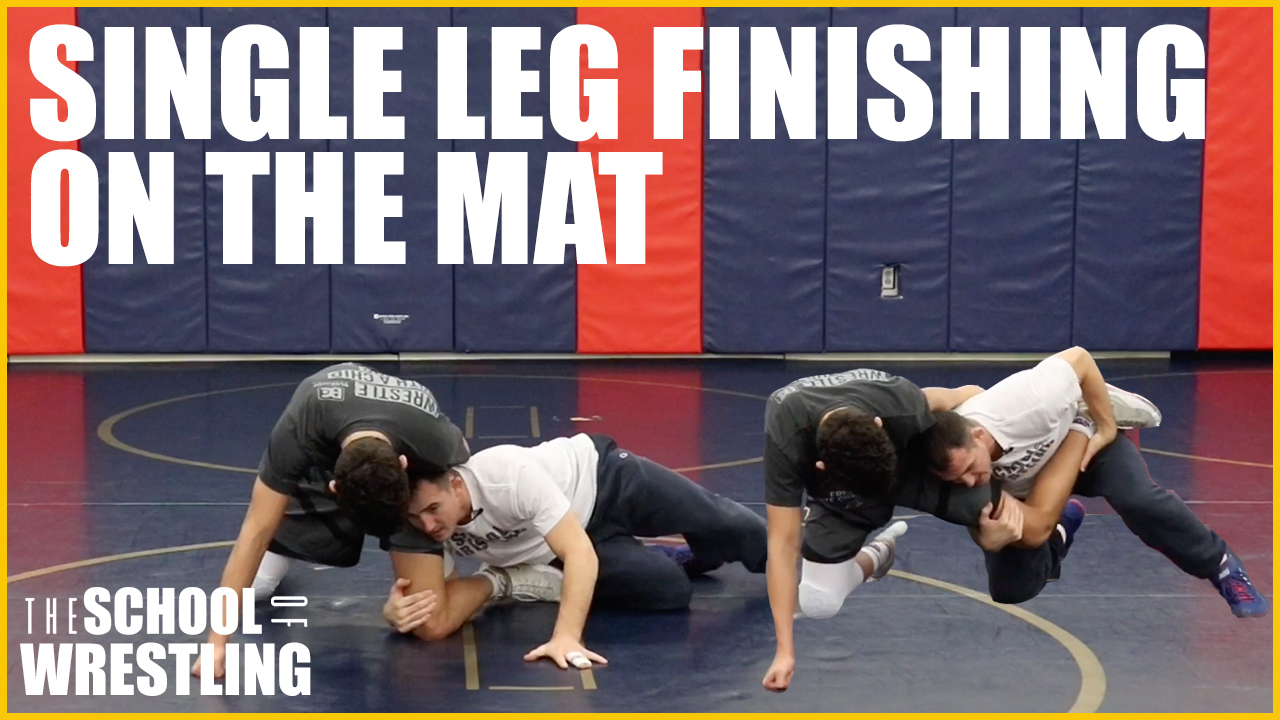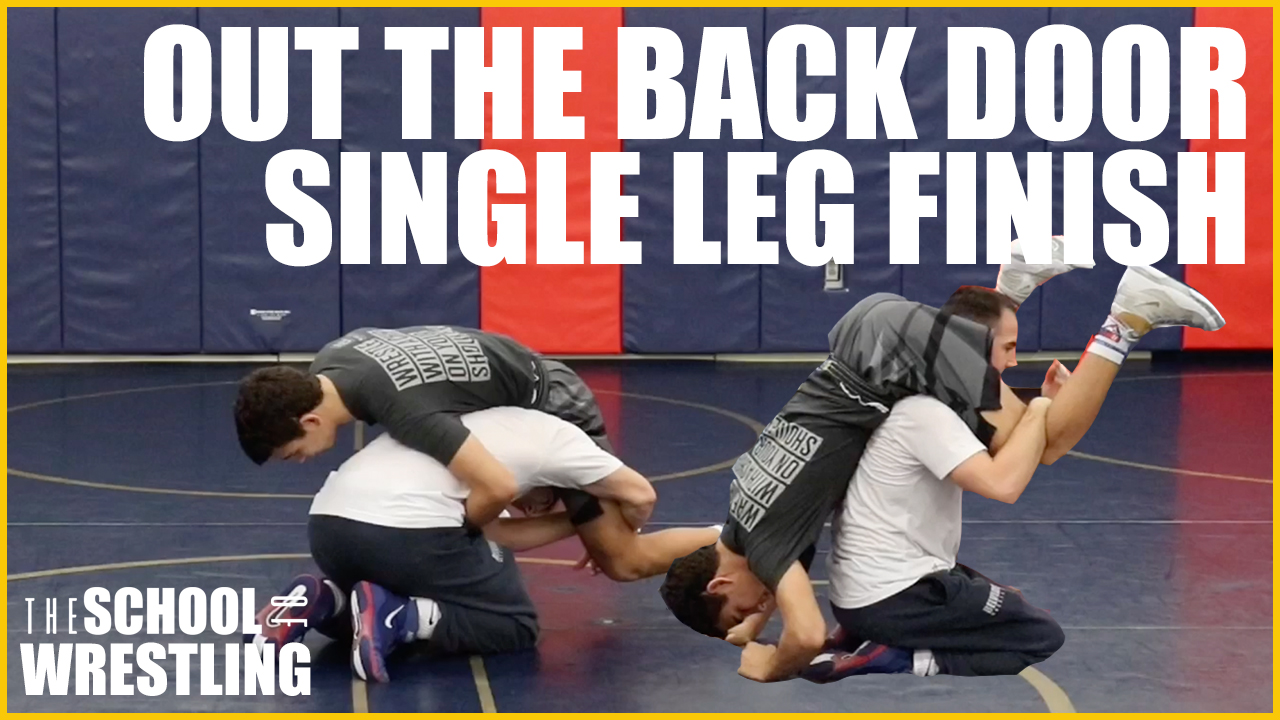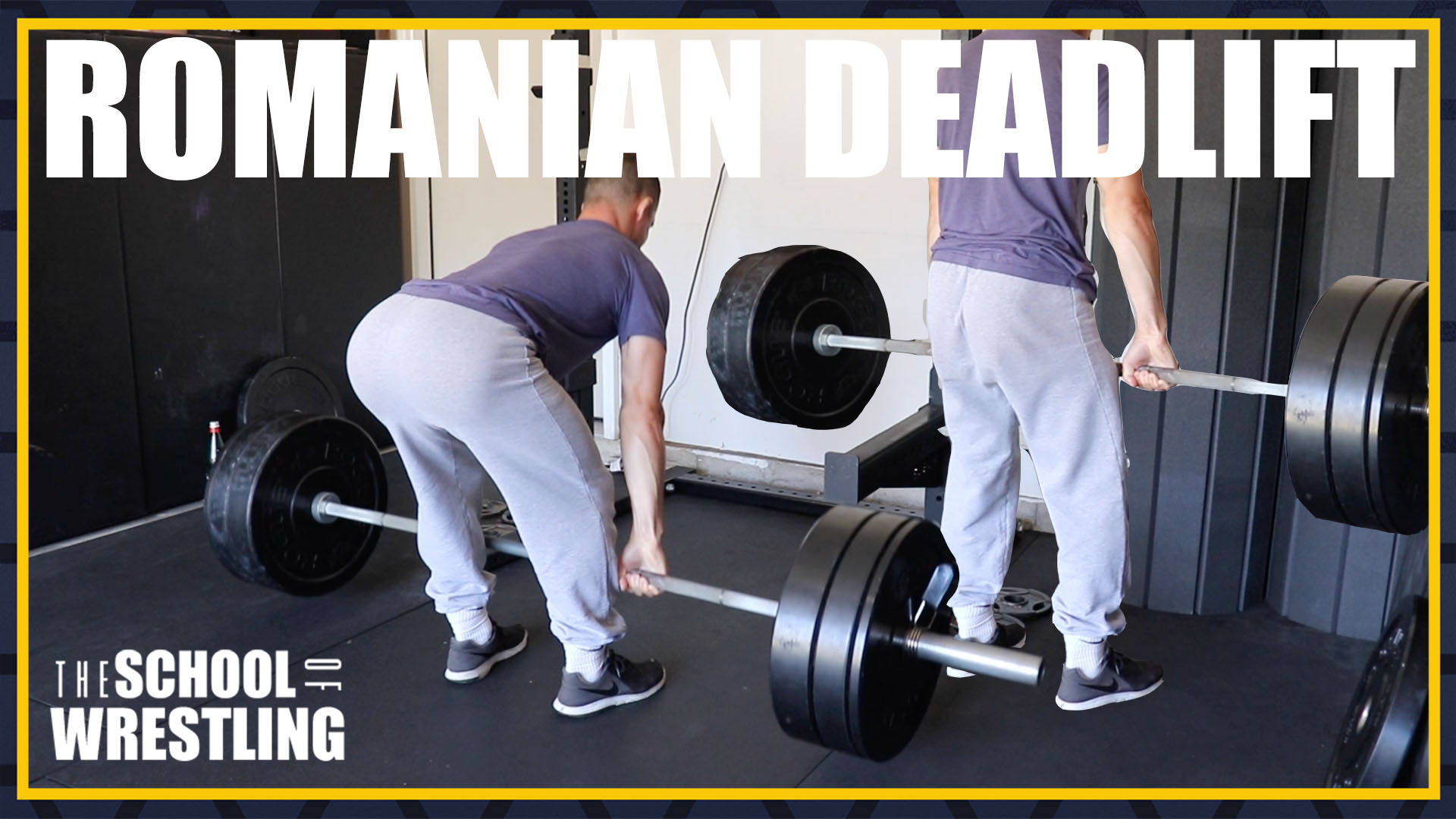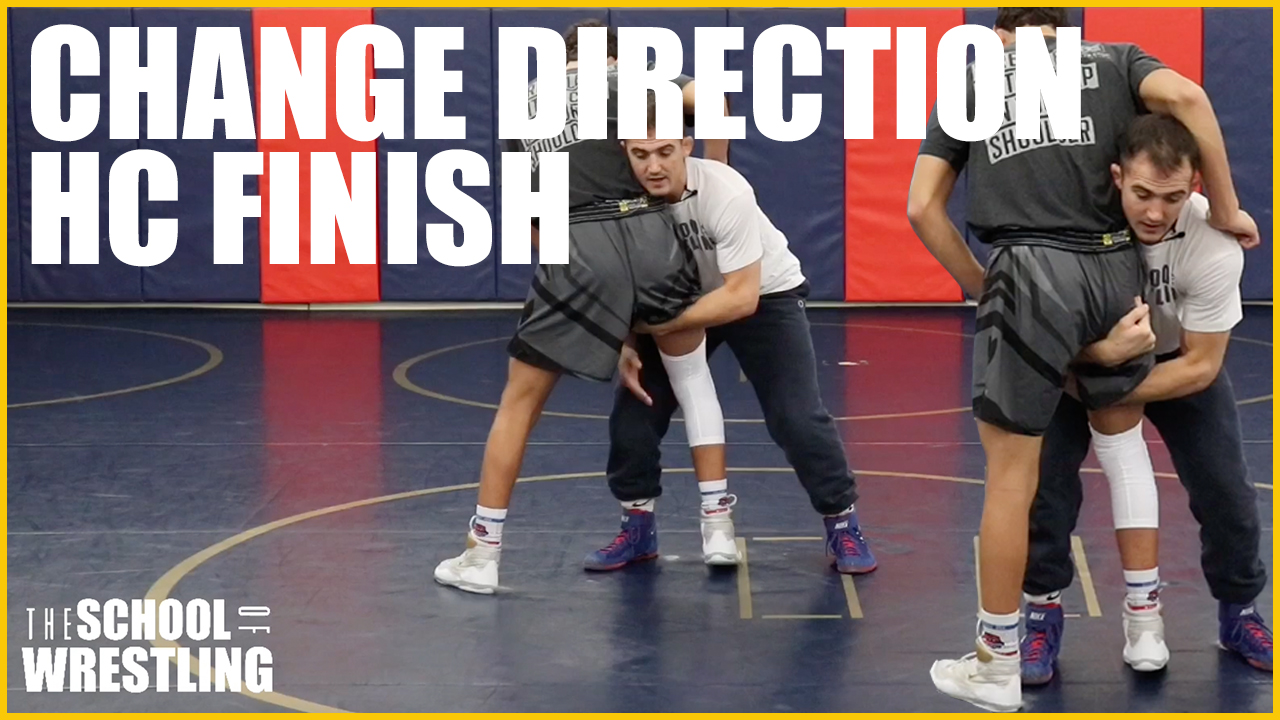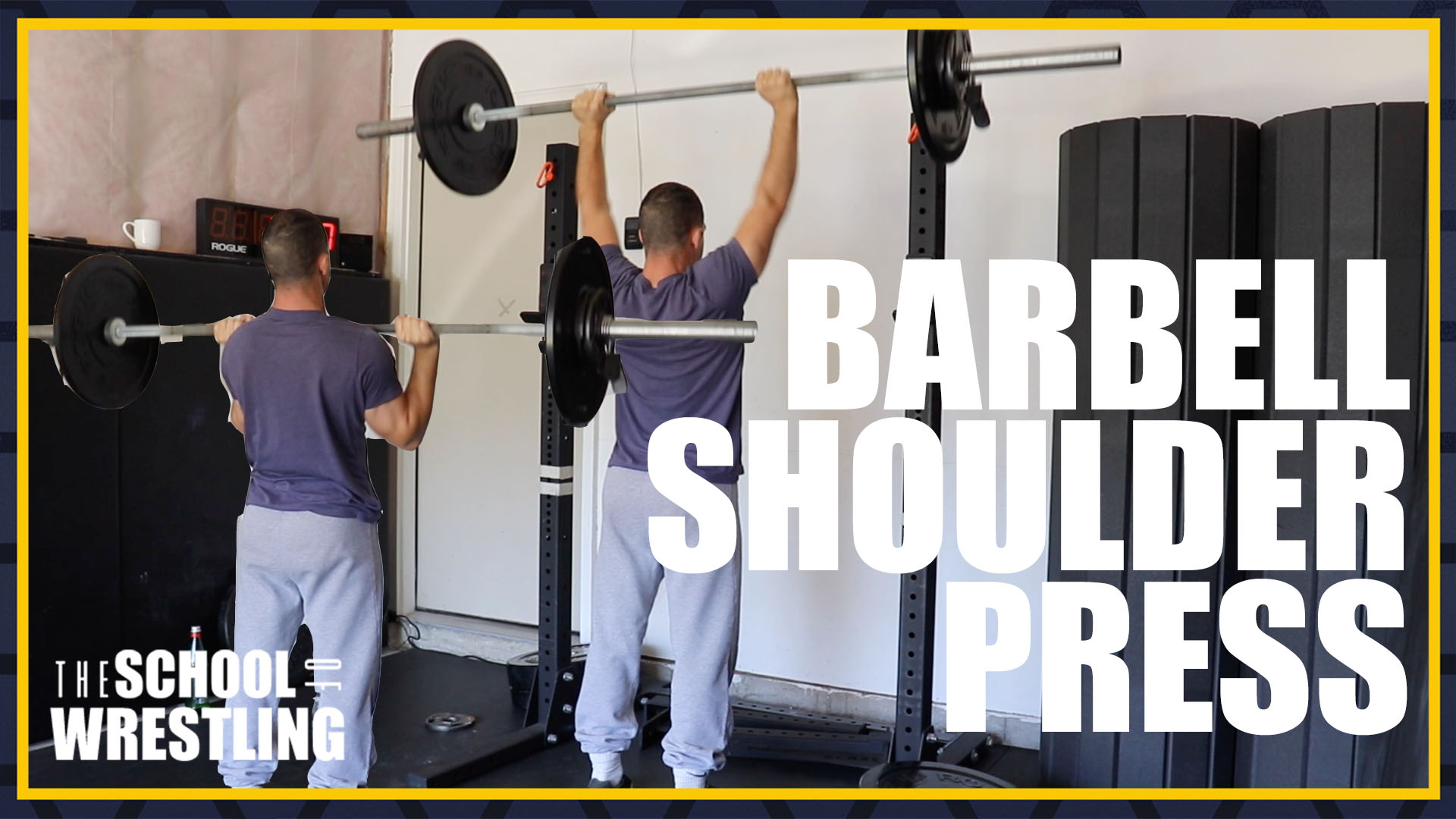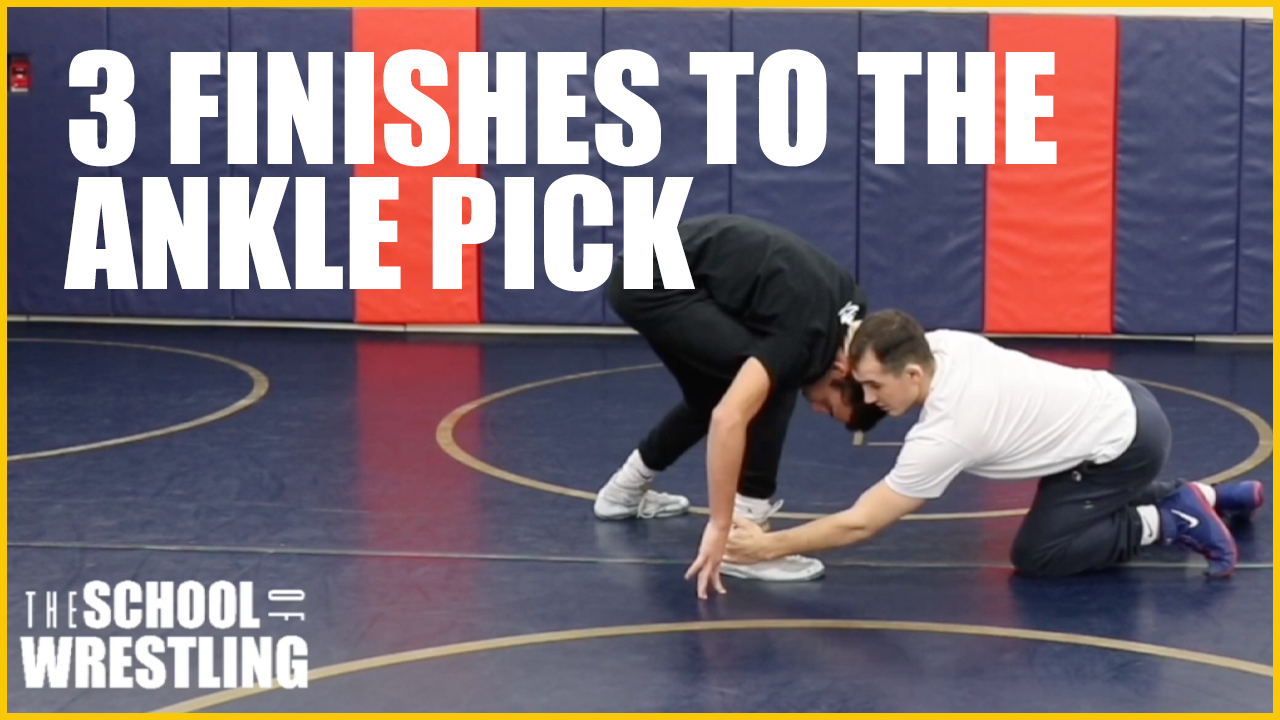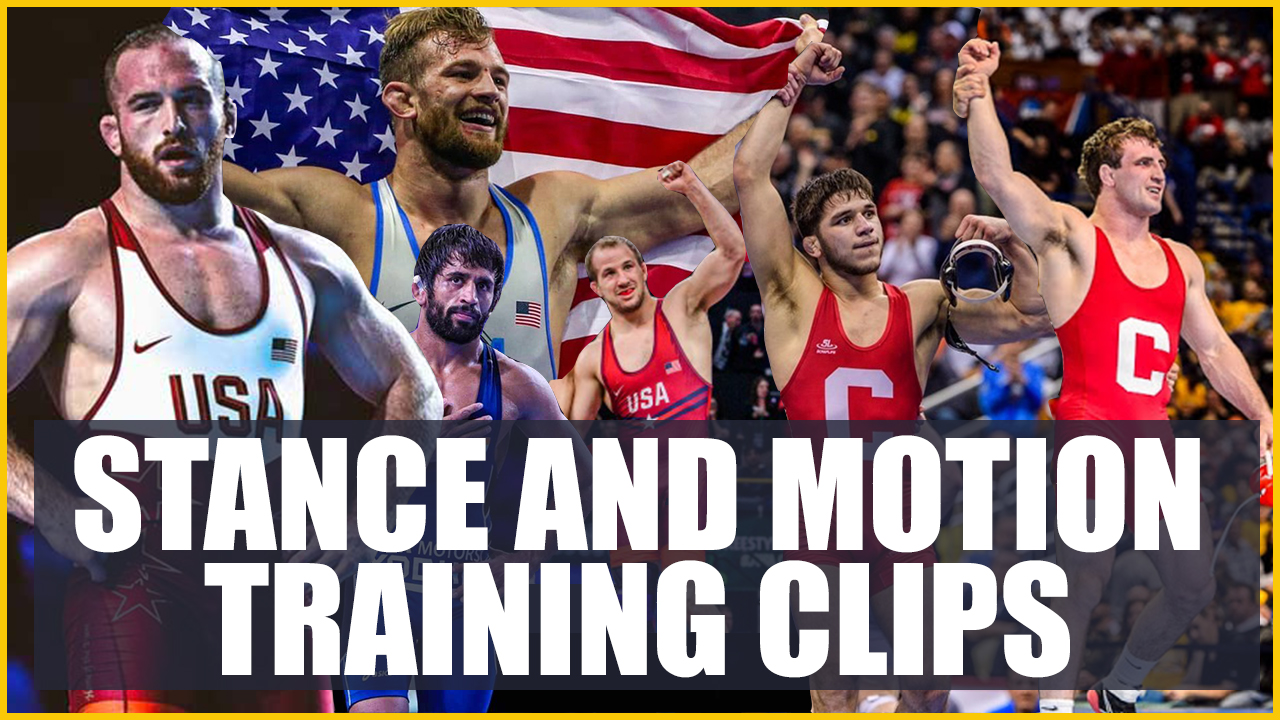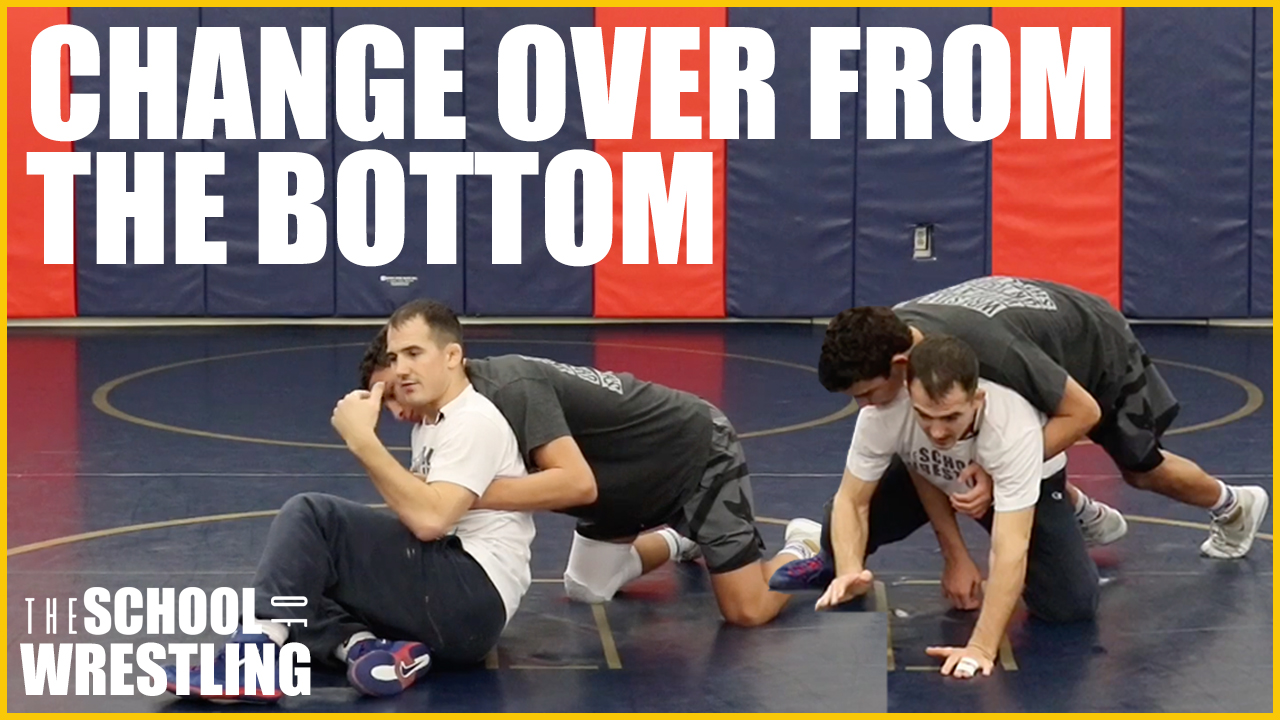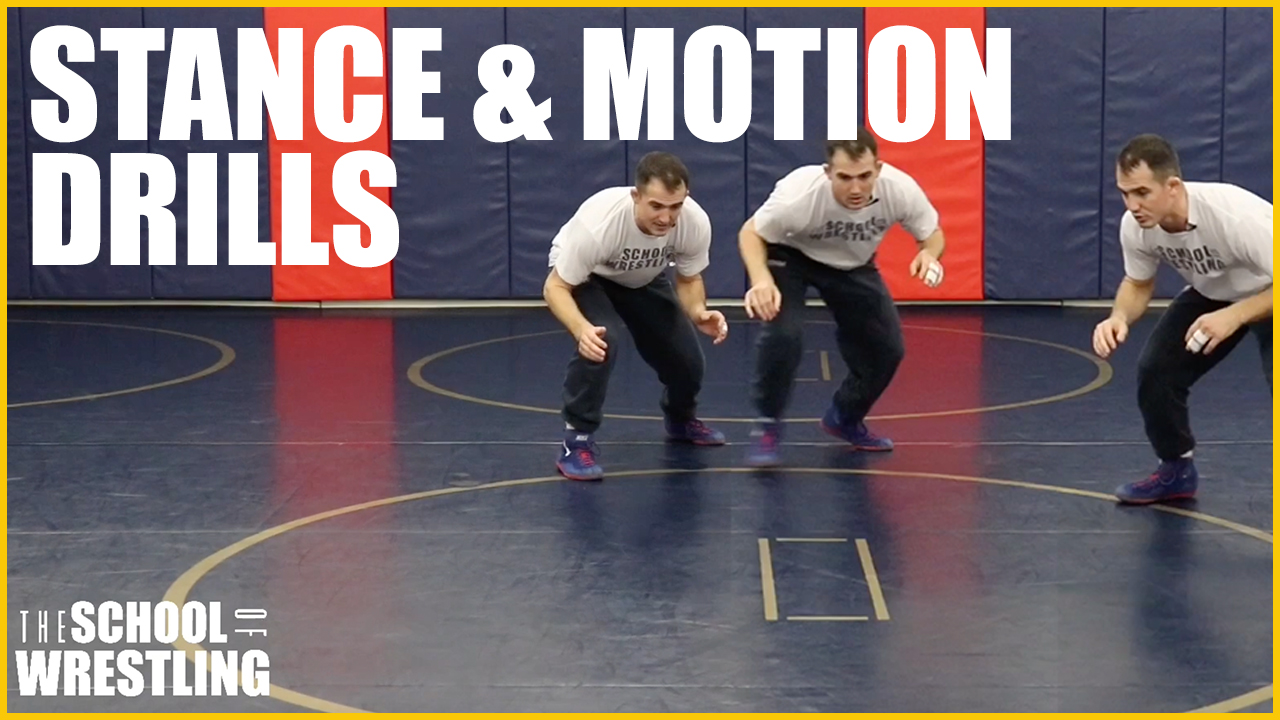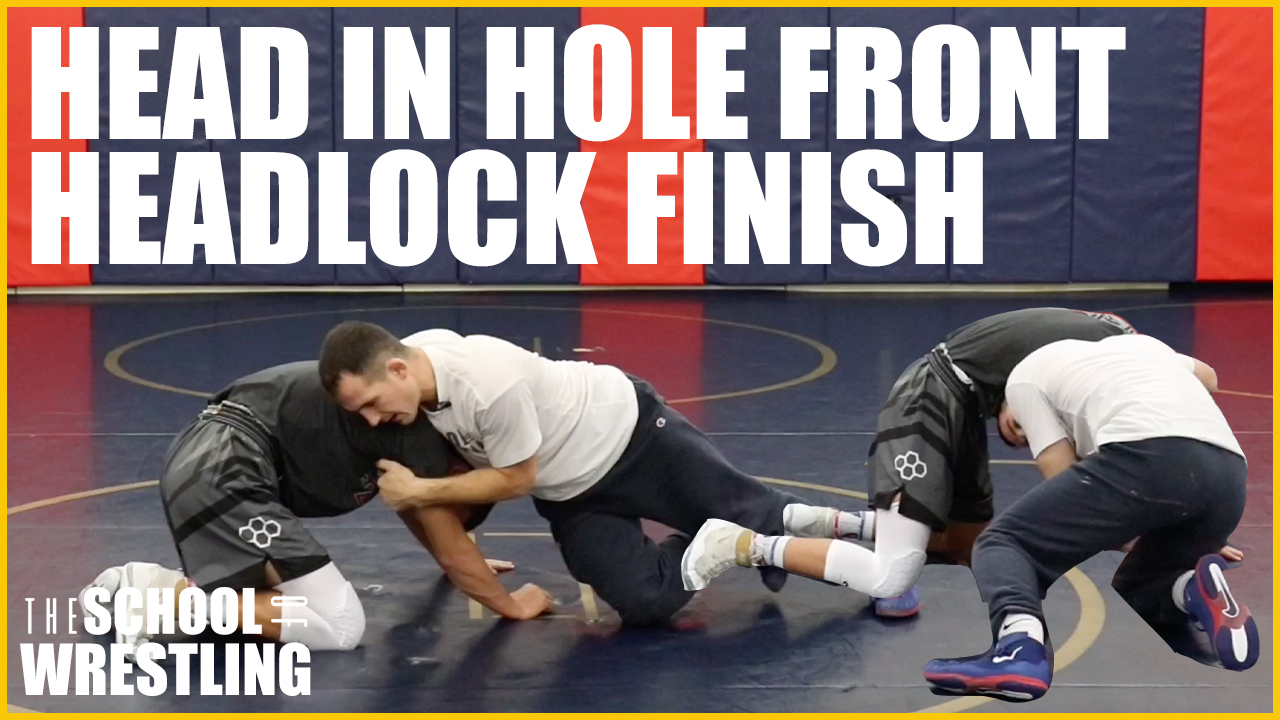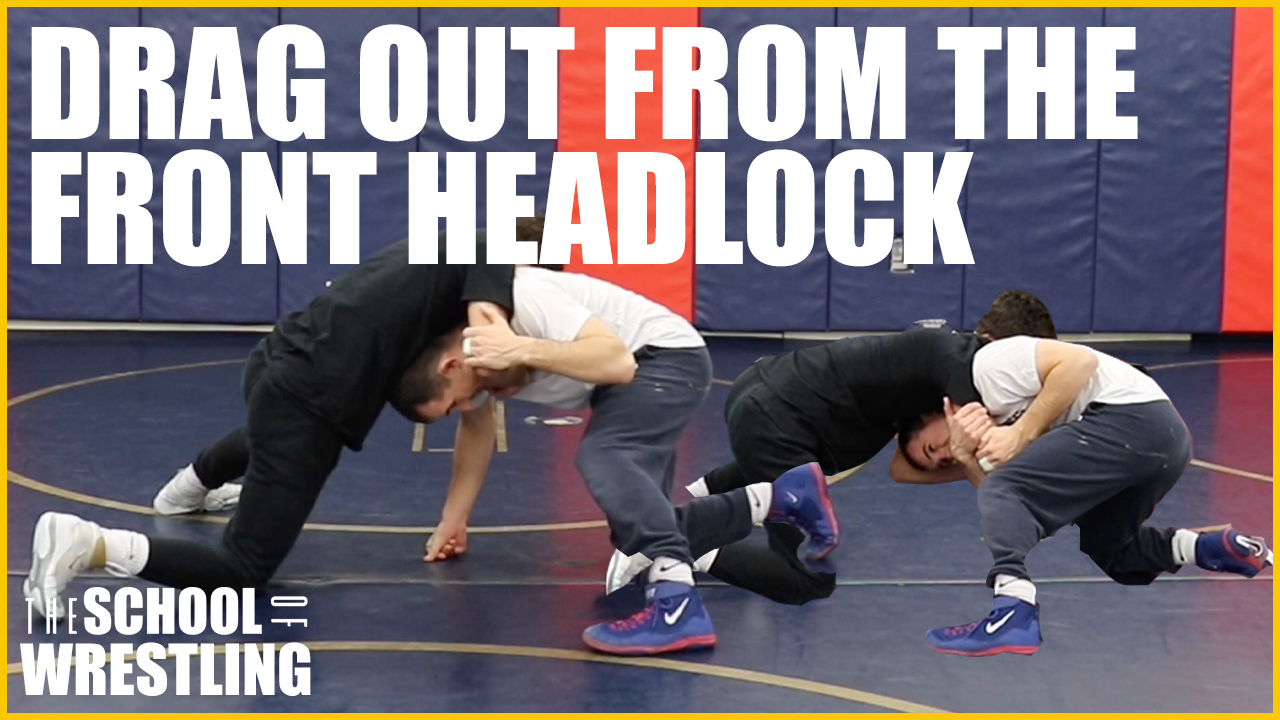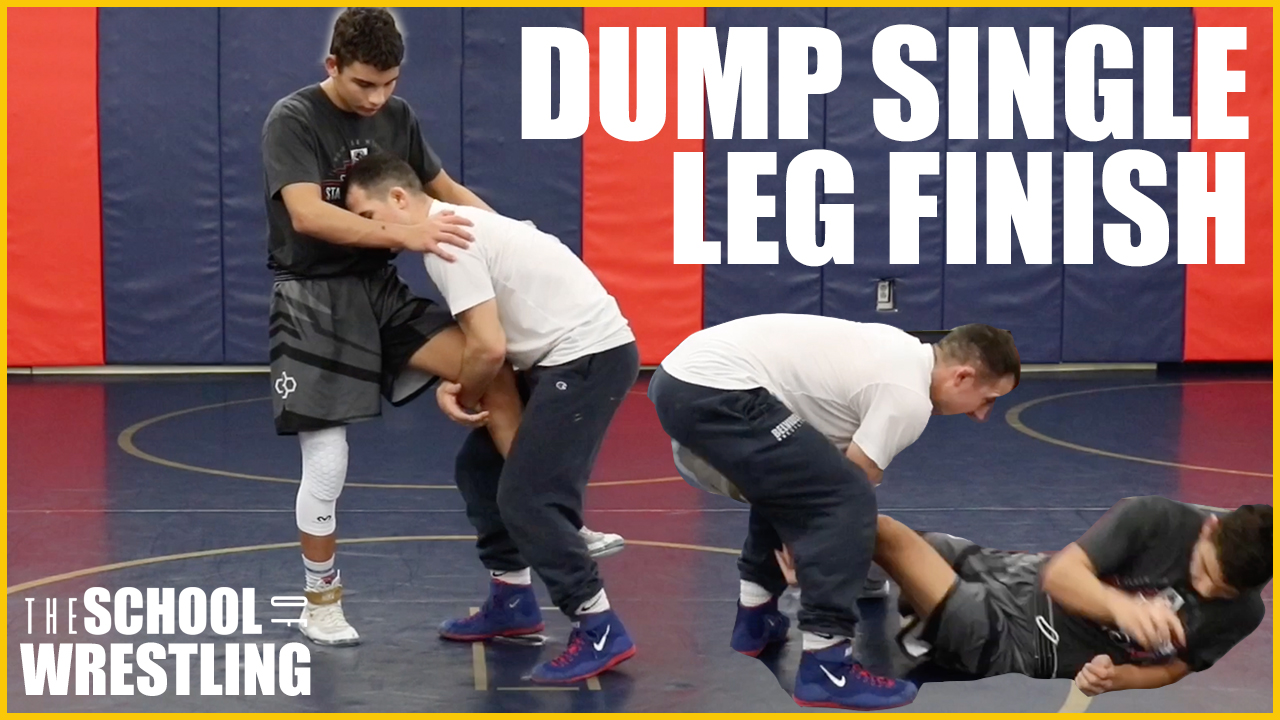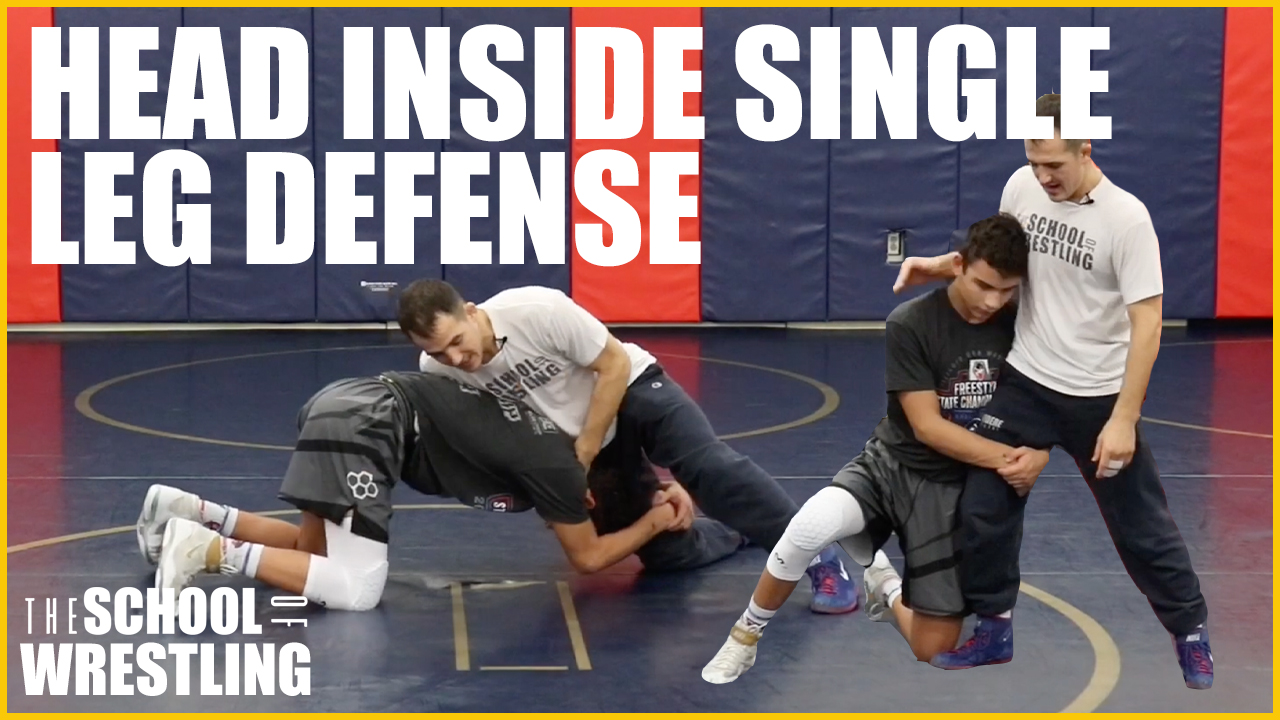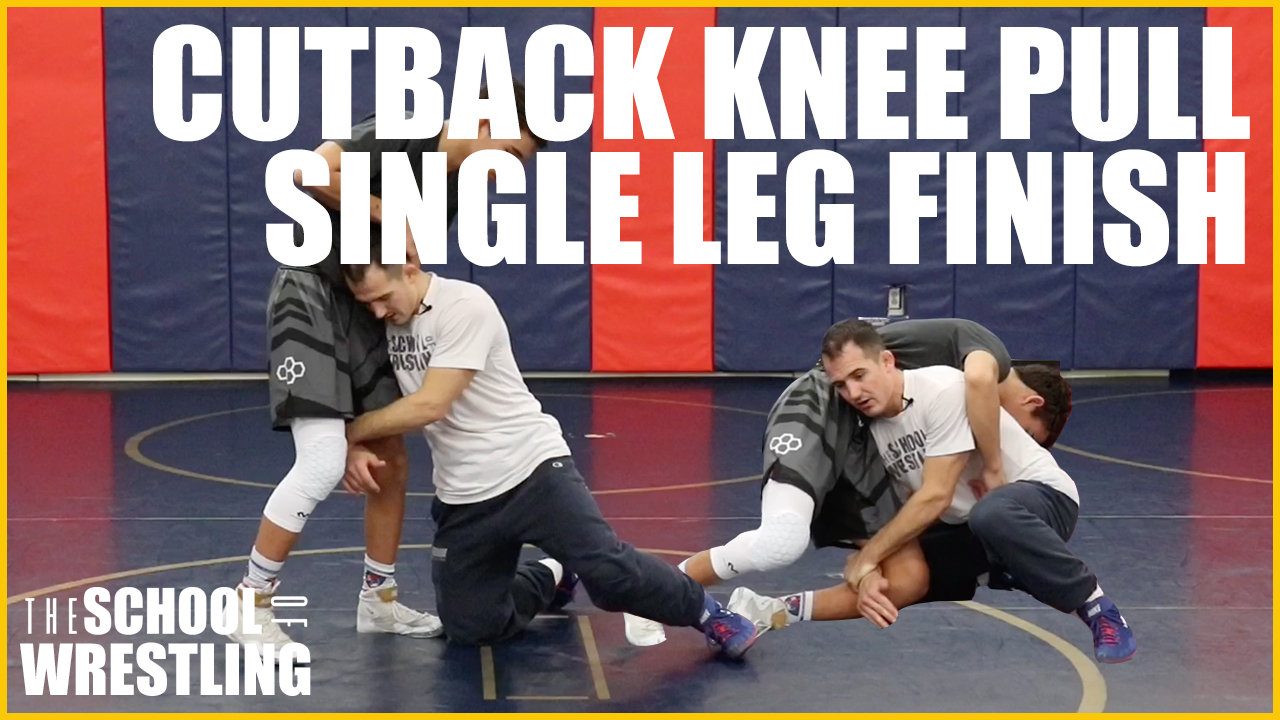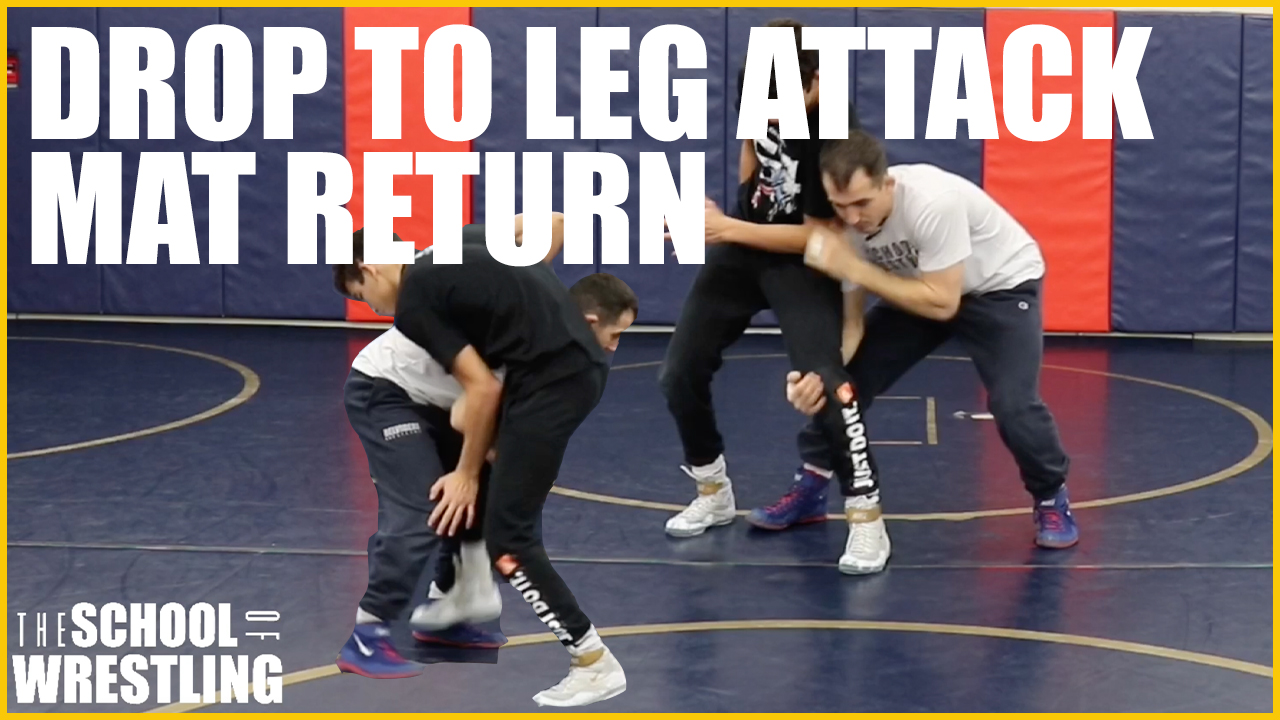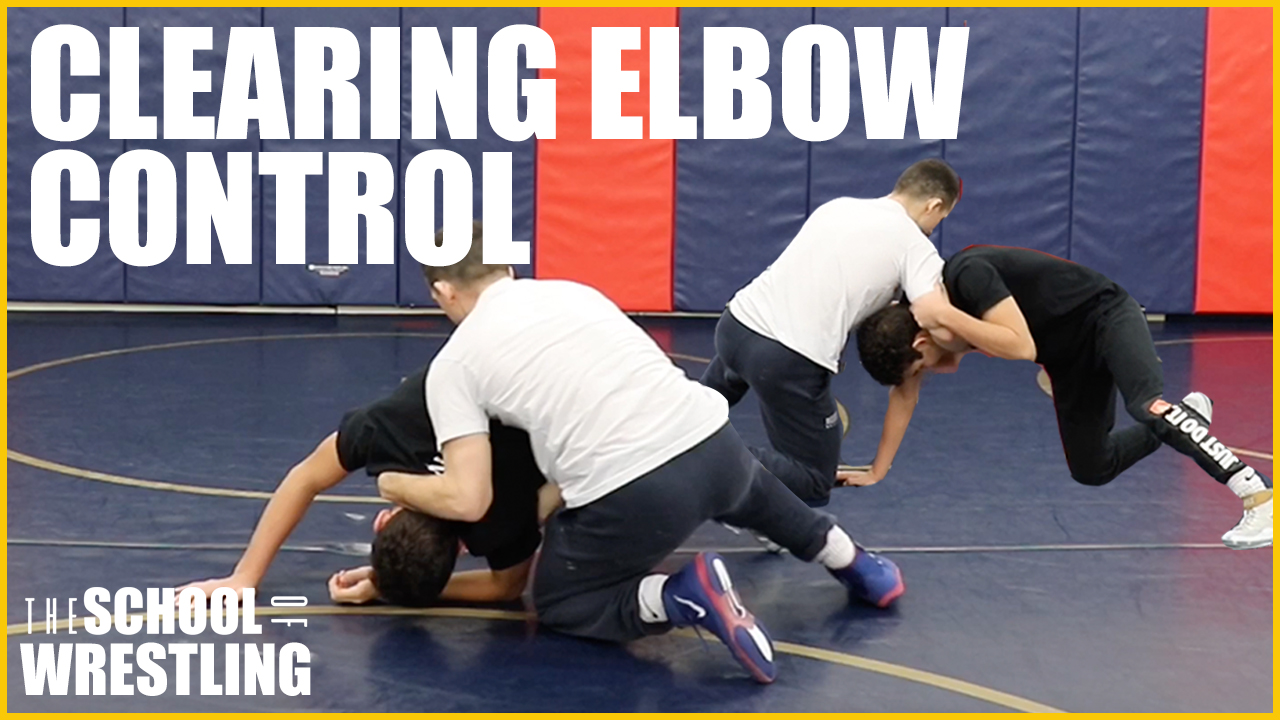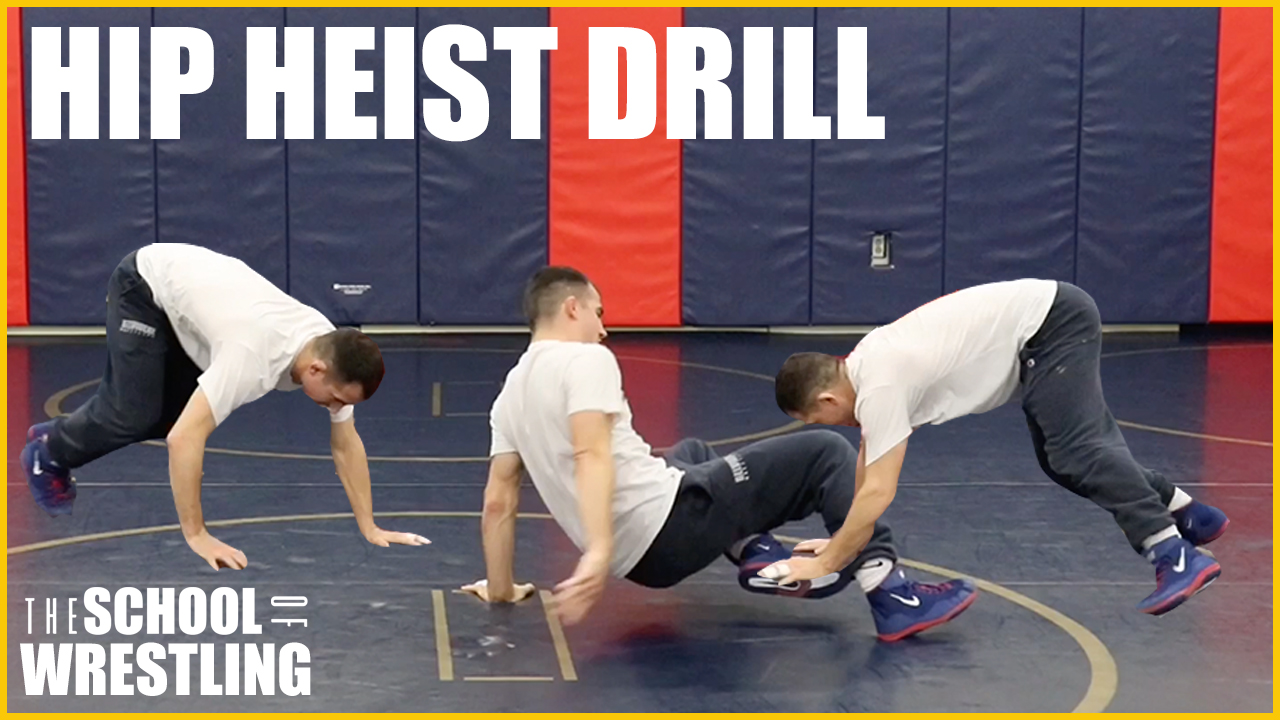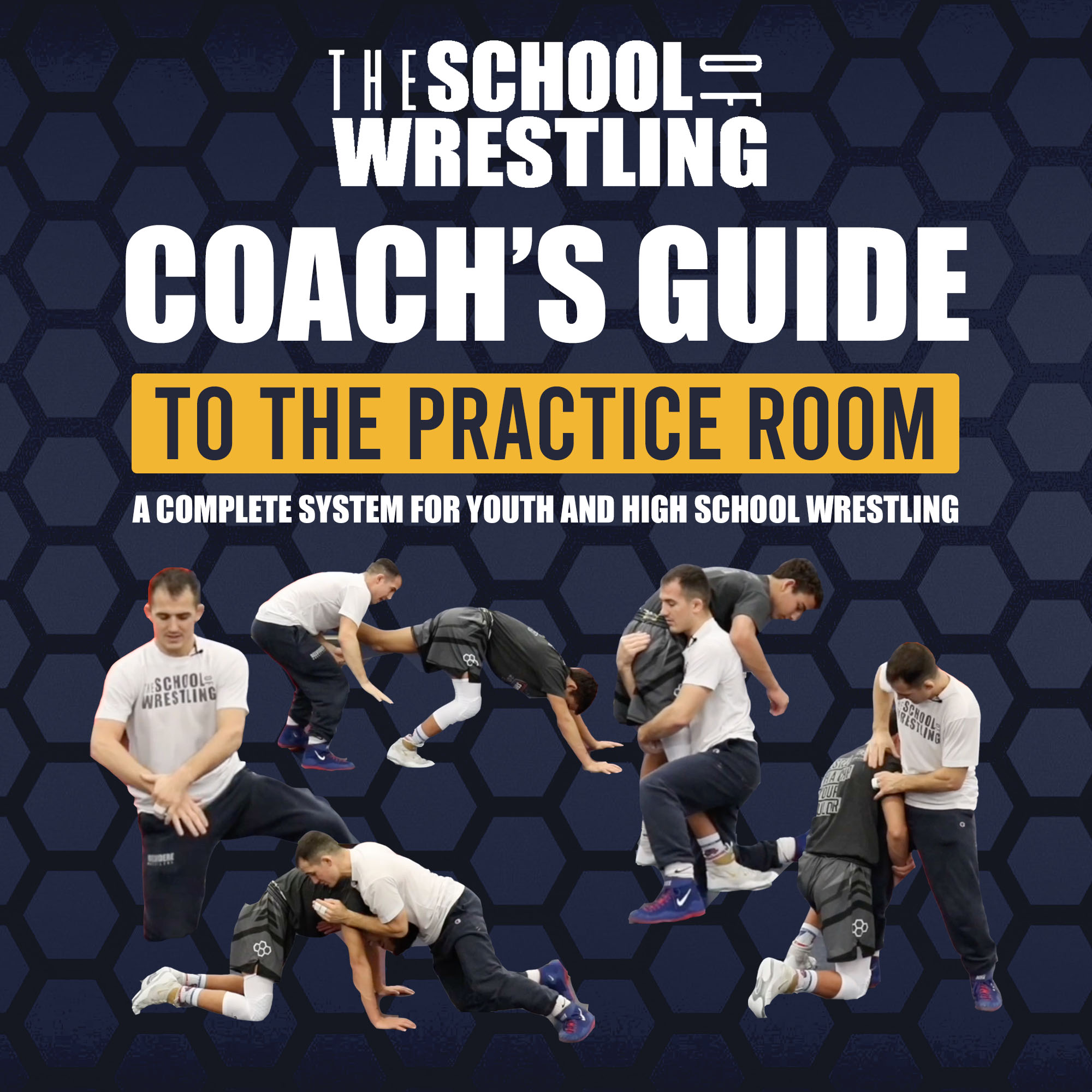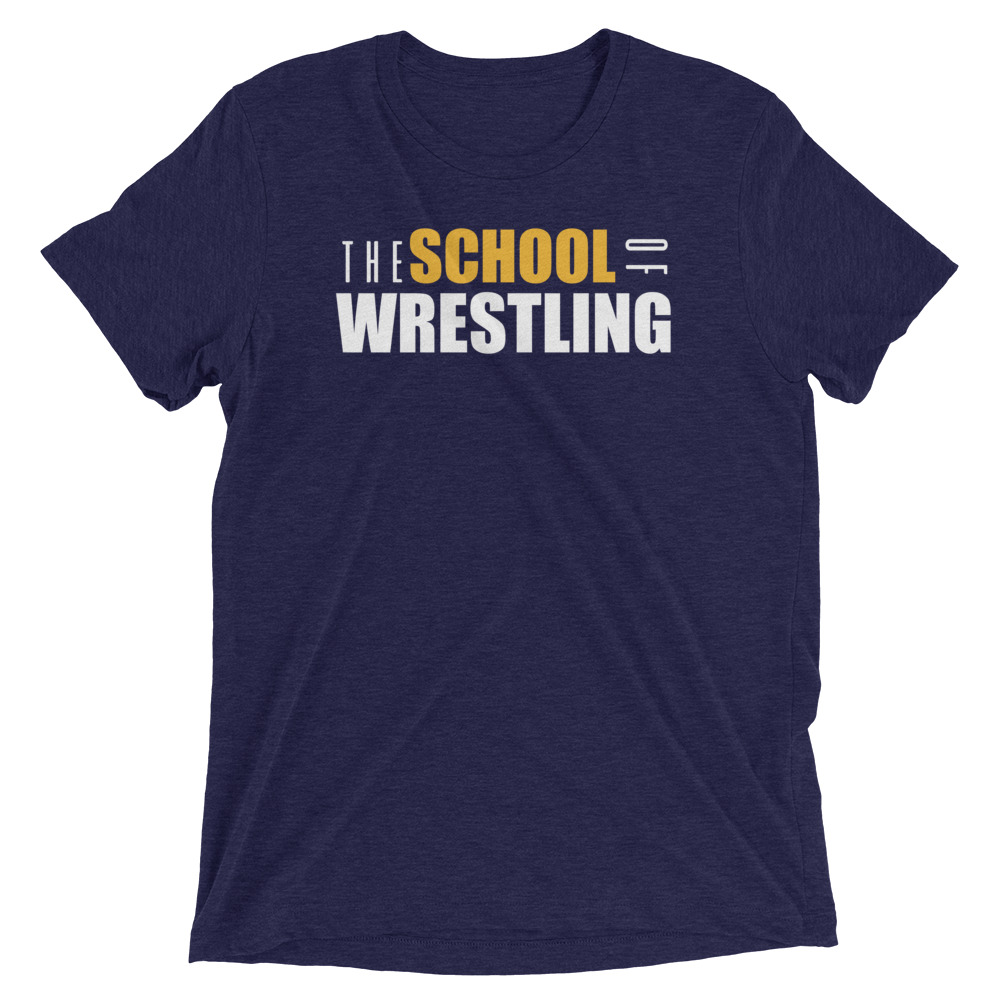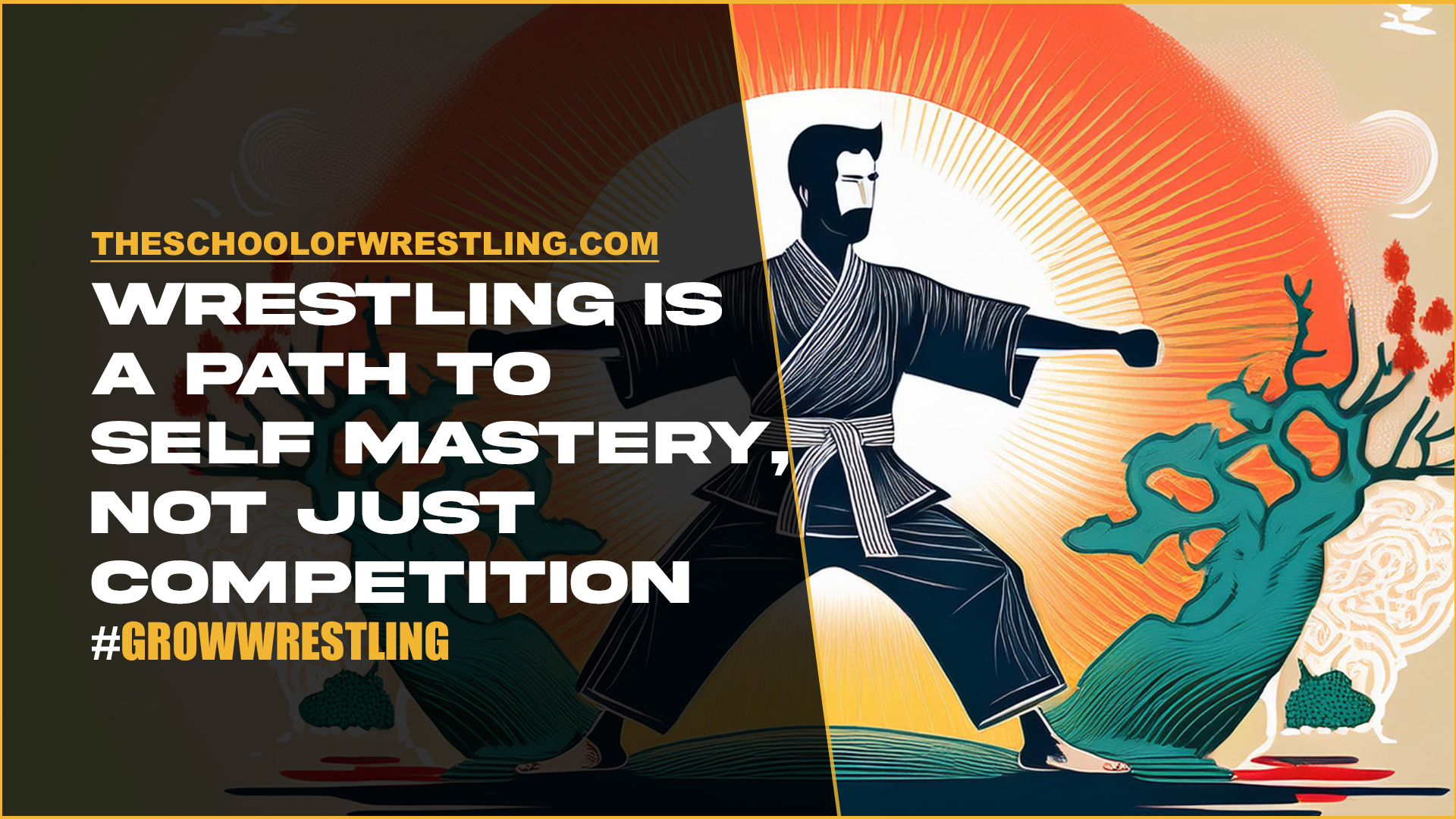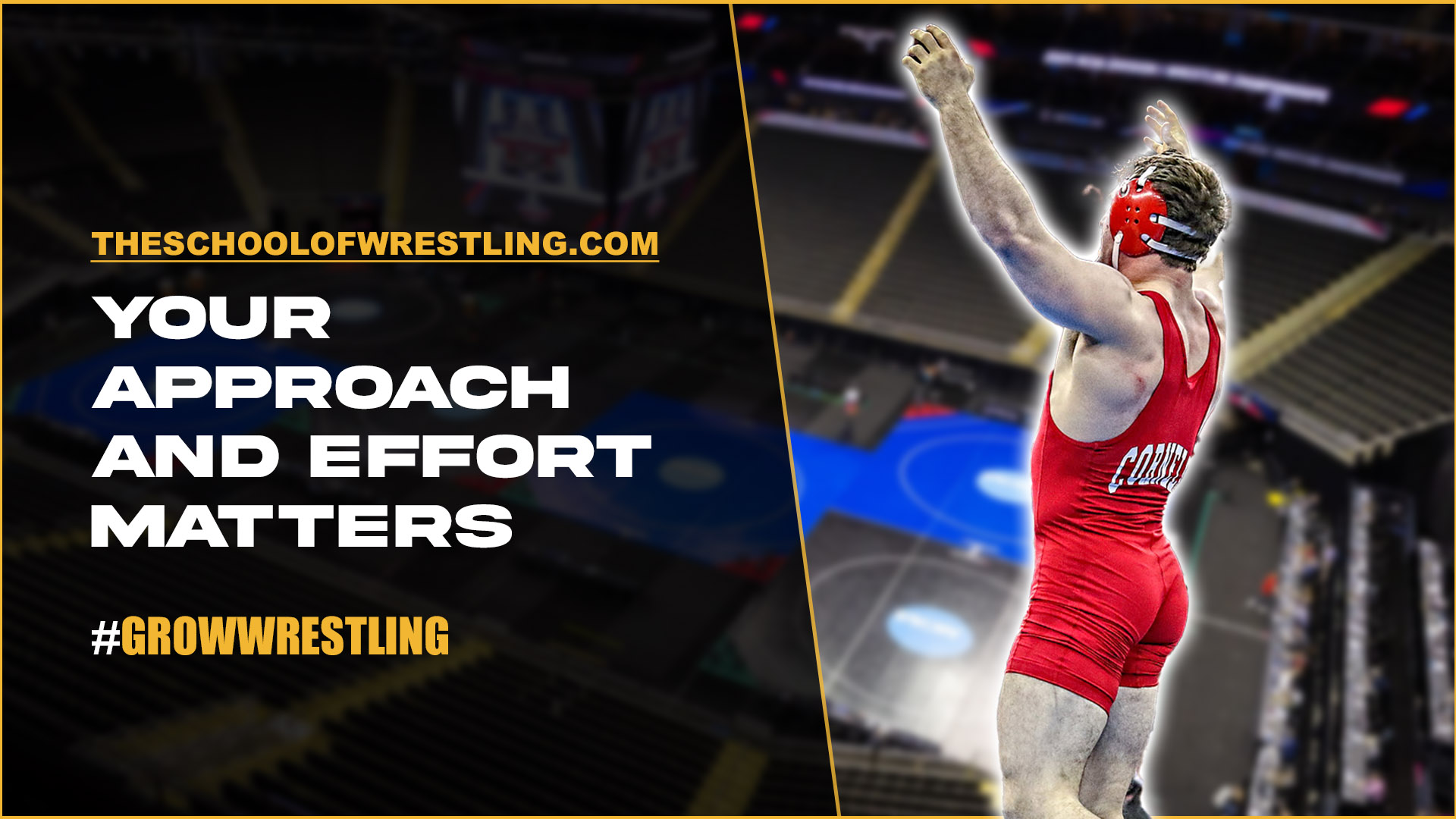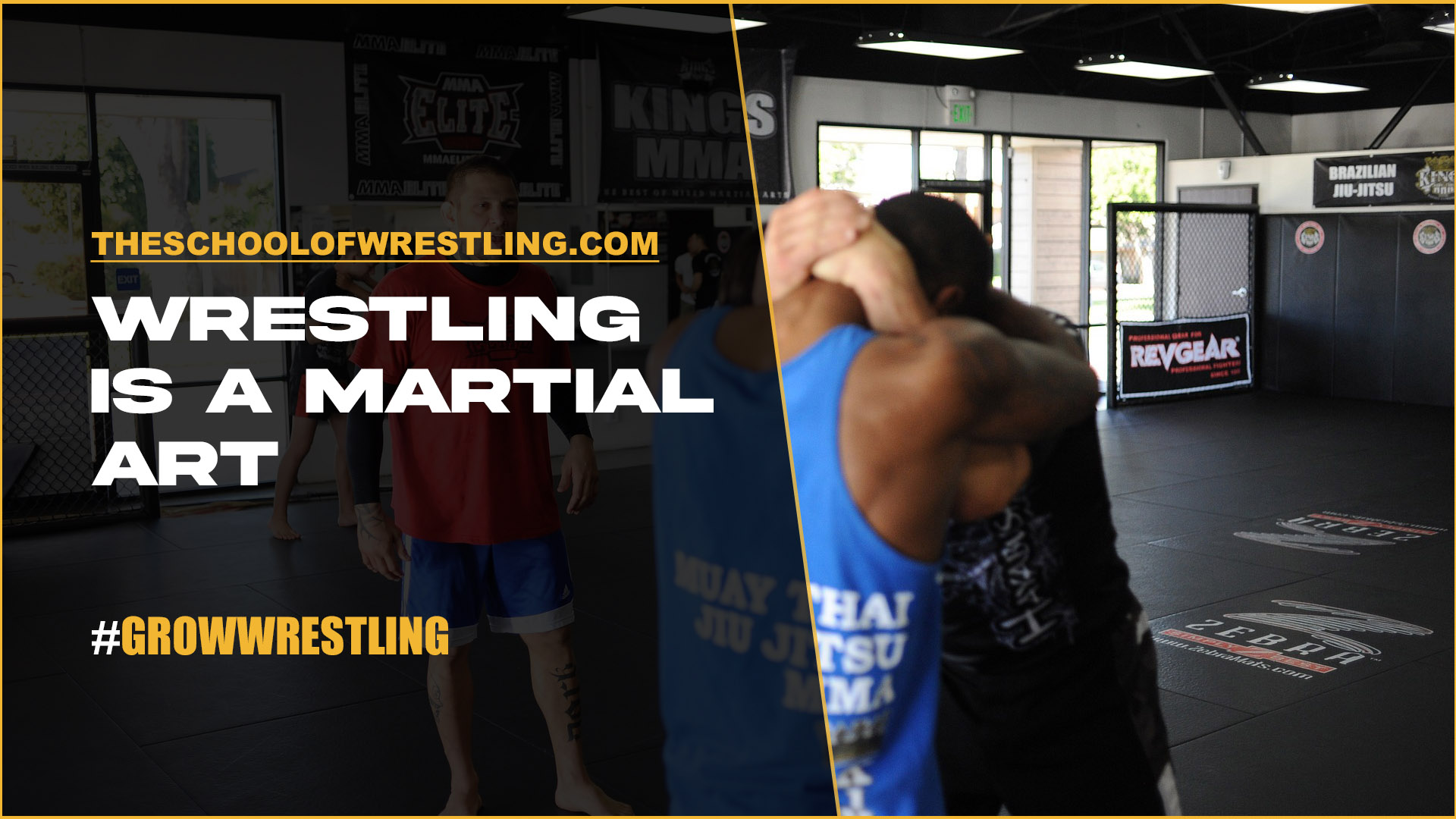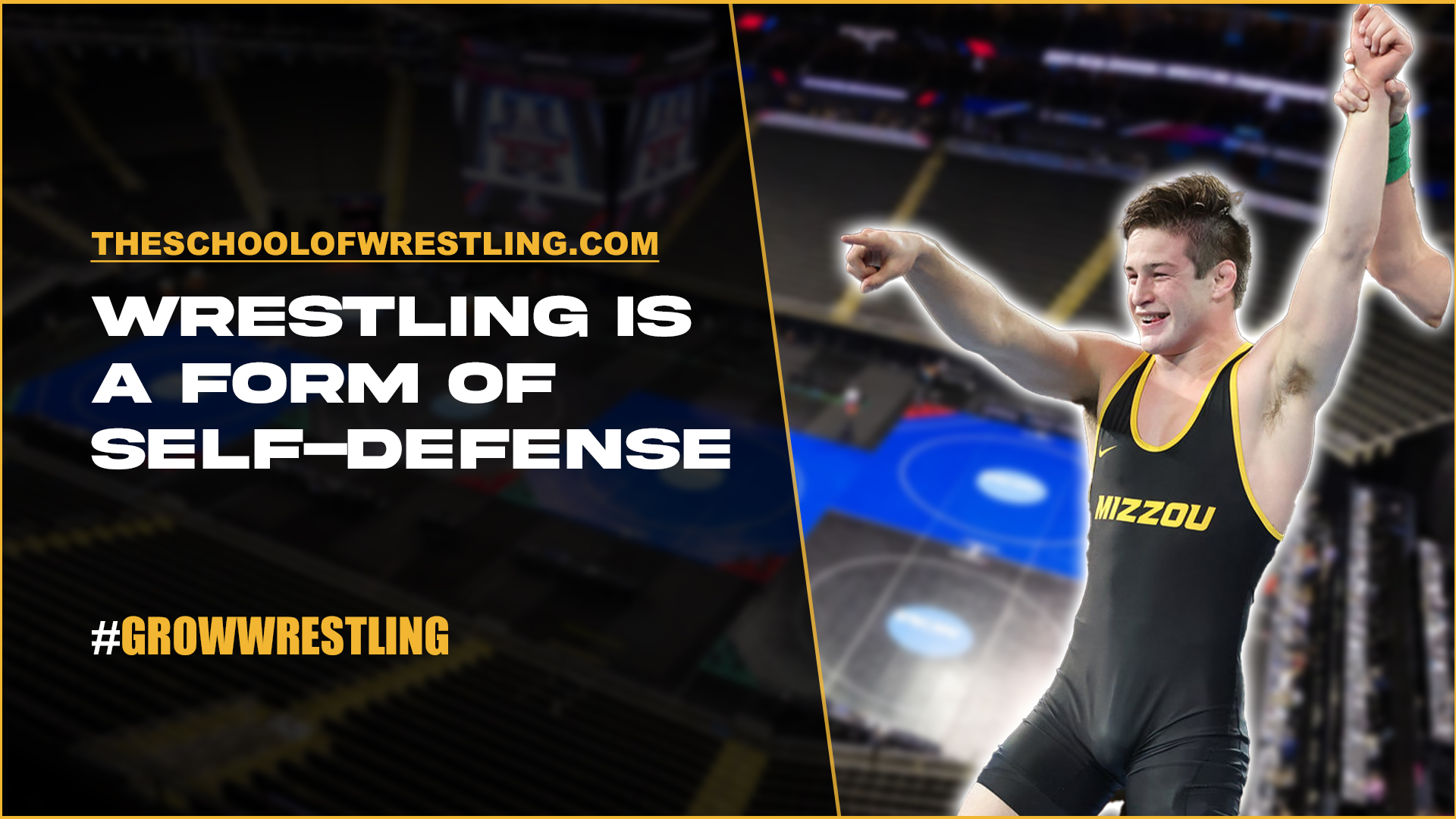Wrestling teaches kids about nutrition and weight management, making it an excellent sport for promoting healthy lifestyle habits. Beyond the physical demands, wrestling requires athletes to pay close attention to their diet and body weight, instilling valuable lessons that extend beyond the mat.
Here’s how wrestling helps young athletes develop a deep understanding of nutrition and weight management.
Understanding the Importance of Nutrition
First and foremost, wrestling teaches kids the importance of nutrition. To perform at their best, wrestlers need to fuel their bodies with the right nutrients. This means understanding the role of carbohydrates, proteins, fats, vitamins, and minerals in maintaining energy levels and overall health.
Learning Healthy Eating Habits
Moreover, wrestling encourages healthy eating habits. Wrestlers quickly learn that what they eat directly affects their performance. This awareness leads to better food choices, such as opting for whole grains, lean proteins, fruits, and vegetables over processed foods and sugary snacks.
Balanced Diet for Optimal Performance
Wrestling teaches kids to maintain a balanced diet for optimal performance. A wrestler’s diet must be carefully planned to provide the necessary energy for intense training and competition while ensuring proper recovery and muscle repair. This balance helps athletes understand the importance of varied and nutritious meals.
Weight Management Skills
In addition, wrestling instills effective weight management skills. Wrestlers often compete in specific weight classes, requiring them to maintain or adjust their body weight within certain limits. This experience teaches kids how to manage their weight responsibly, avoiding unhealthy practices like crash dieting or excessive weight loss.
Hydration Awareness
Furthermore, wrestling promotes hydration awareness. Proper hydration is crucial for peak performance and overall health. Wrestlers learn to monitor their fluid intake and recognize the signs of dehydration, fostering habits that are essential for athletic success and everyday well-being.
Understanding Metabolism
Wrestling also helps kids understand metabolism. Athletes learn how their bodies convert food into energy and how different types of exercise and nutrition can influence their metabolic rate. This knowledge empowers wrestlers to make informed choices about their diet and exercise routines.
Developing Meal Planning Skills
Importantly, wrestling develops meal planning skills. Wrestlers often plan their meals and snacks to ensure they meet their nutritional needs and maintain their weight. This practice of meal planning is a valuable life skill that promotes organization and foresight in managing one’s diet.
Avoiding Unhealthy Weight Loss Practices
Additionally, wrestling educates athletes on avoiding unhealthy weight loss practices. Coaches and trainers emphasize safe and effective methods for weight management, discouraging extreme measures that can harm the body. This guidance helps kids develop a healthy relationship with food and their bodies.
Enhancing Body Awareness
Wrestling enhances body awareness. Athletes become attuned to how different foods and eating patterns affect their energy levels, performance, and overall well-being. This heightened body awareness encourages mindful eating and a deeper connection between nutrition and health.
Long-Term Health Benefits
Lastly, wrestling promotes long-term health benefits. The nutritional knowledge and weight management skills acquired through wrestling extend beyond the sport, contributing to lifelong healthy habits. Wrestlers often carry these lessons into adulthood, leading to a healthier lifestyle and better overall wellness.
Wrestling teaches kids about nutrition and weight management by emphasizing the importance of healthy eating, balanced diets, and effective weight management practices. The sport fosters hydration awareness, understanding of metabolism, and meal planning skills, while also promoting body awareness and avoiding unhealthy weight loss practices. These lessons provide young athletes with the tools they need to maintain their health and well-being, both on and off the mat. Wrestling is not just about physical strength; it’s about nurturing a holistic approach to health that benefits athletes throughout their lives.
Learn more about The School of Wrestling and our unique approach to the sport, visit our technique library where we provide comprehensive education and resources for athletes, coaches, and parents.

